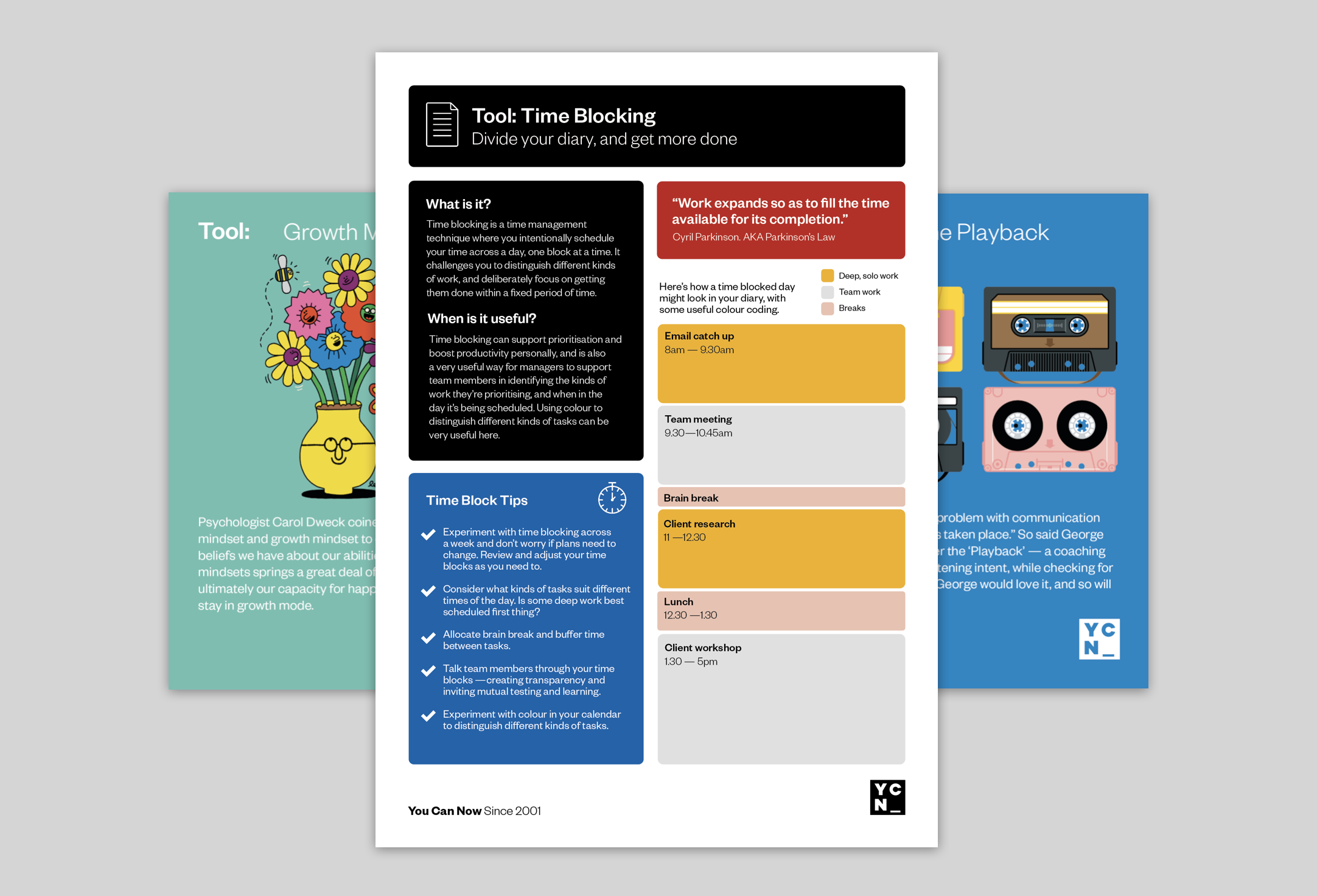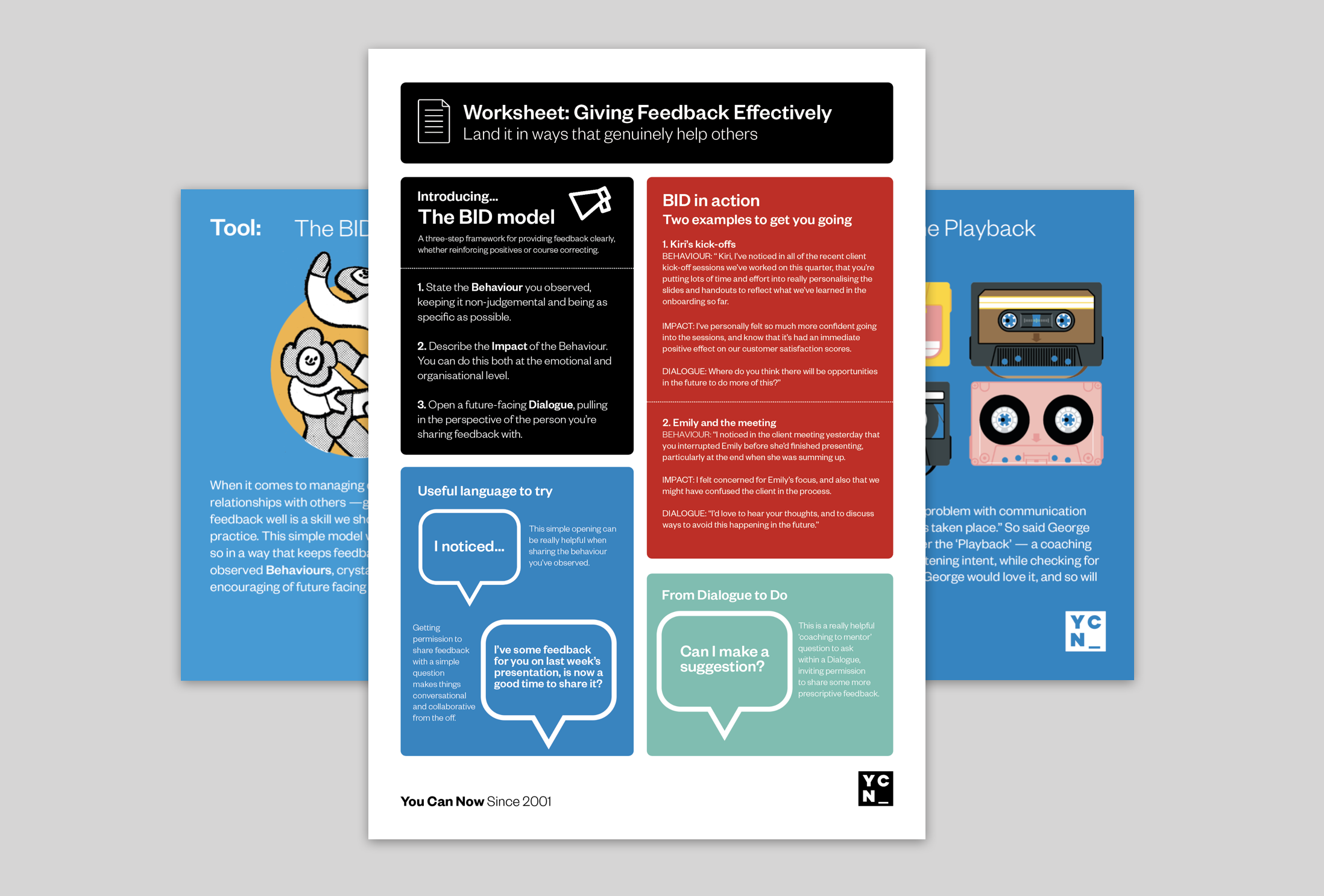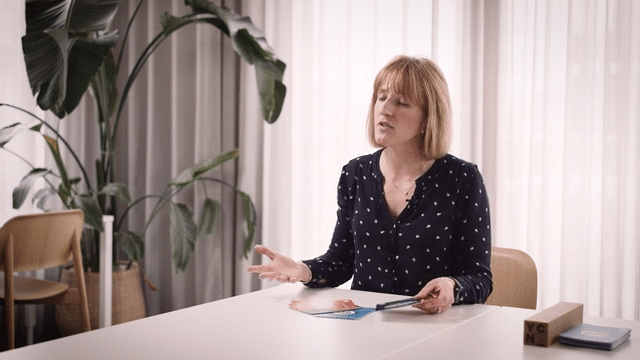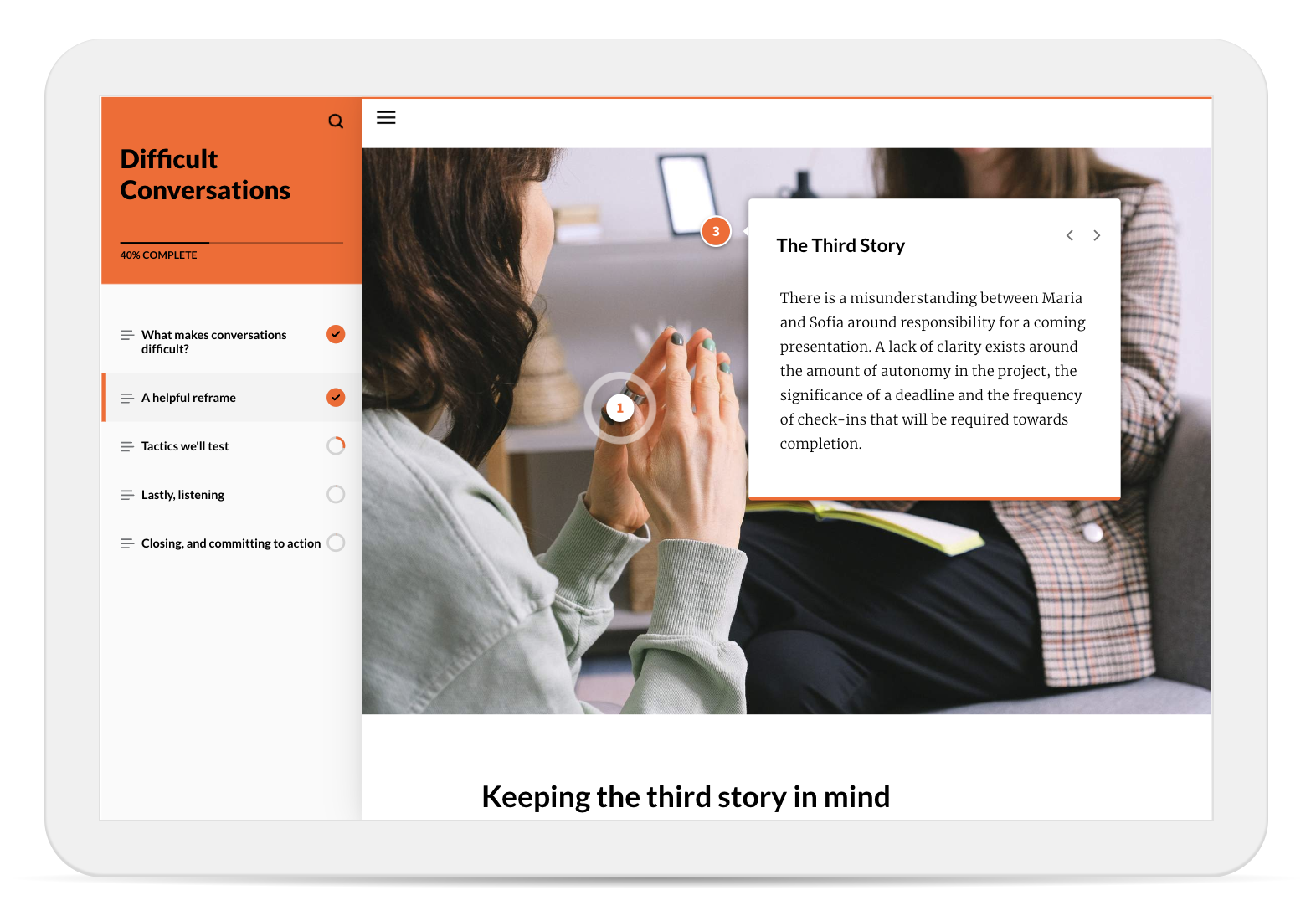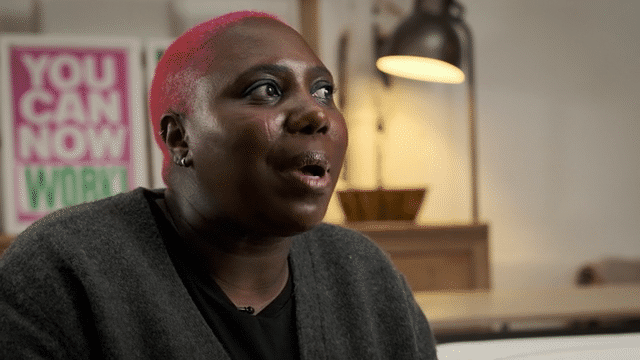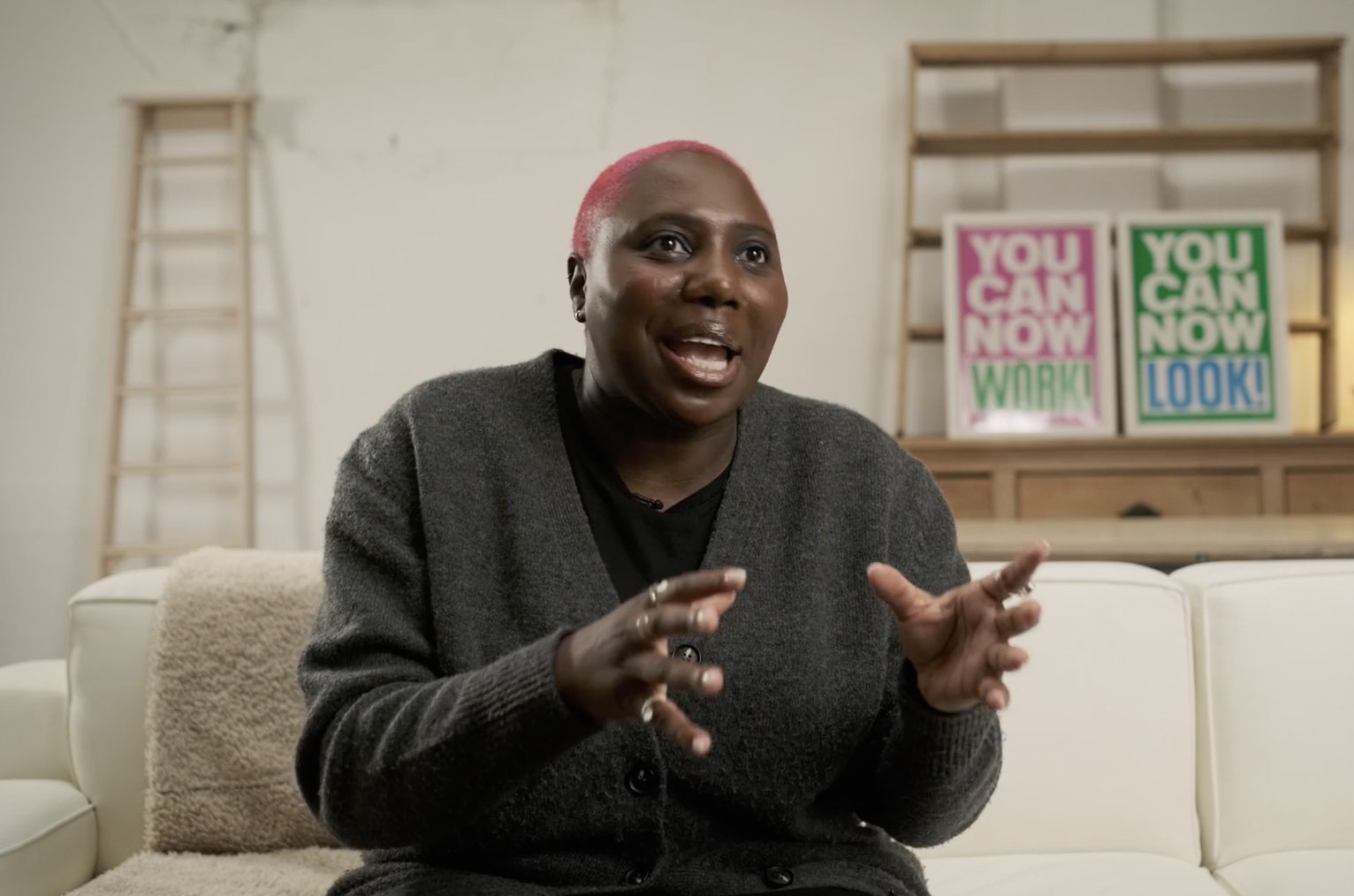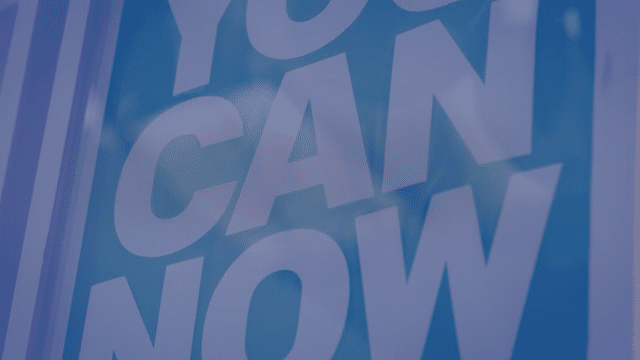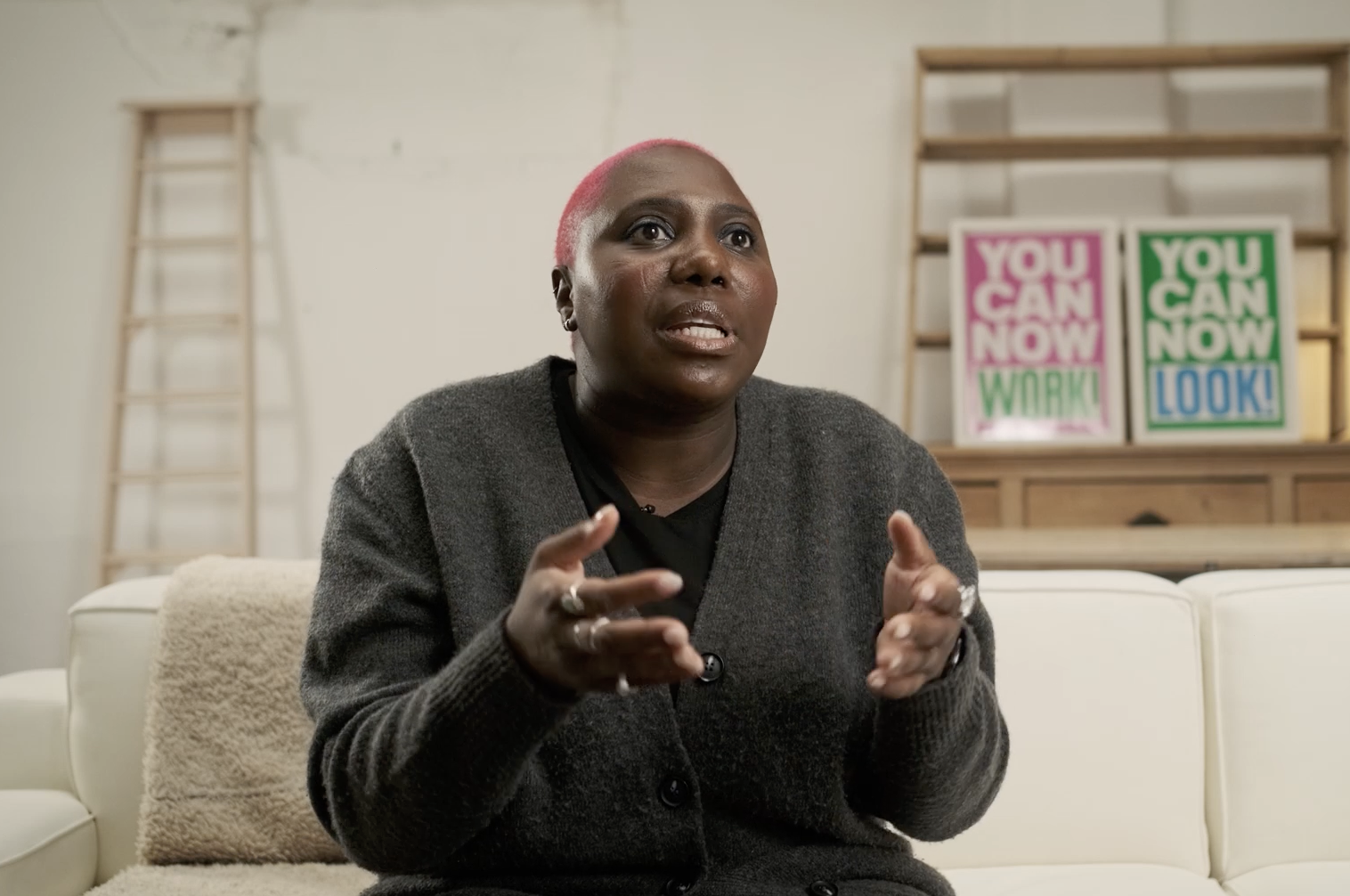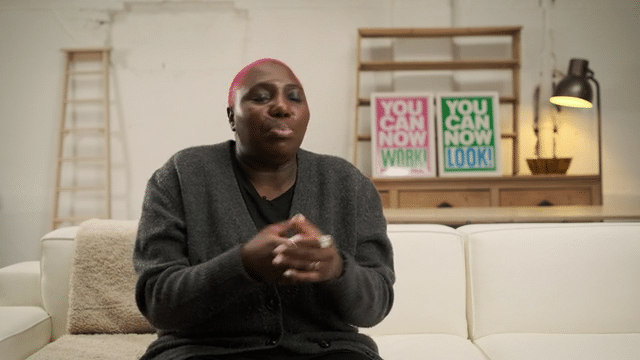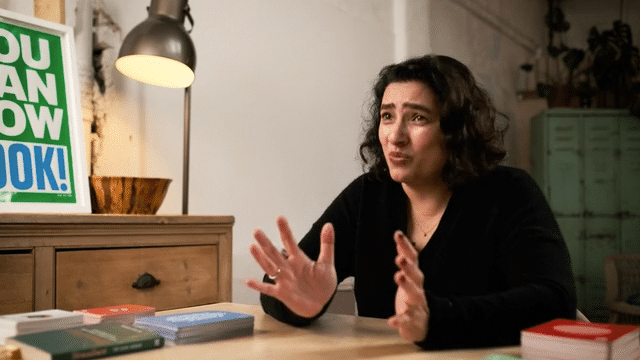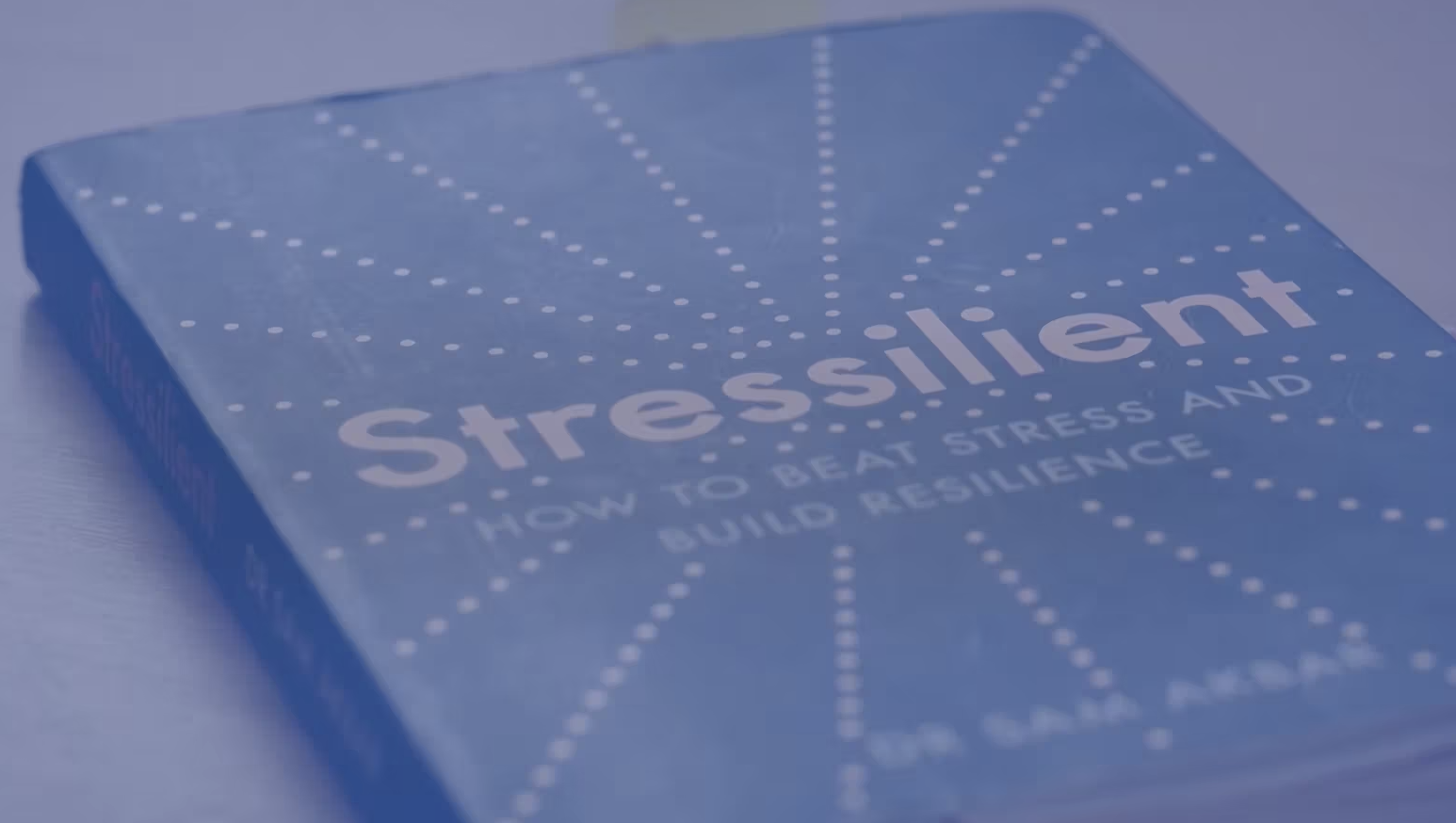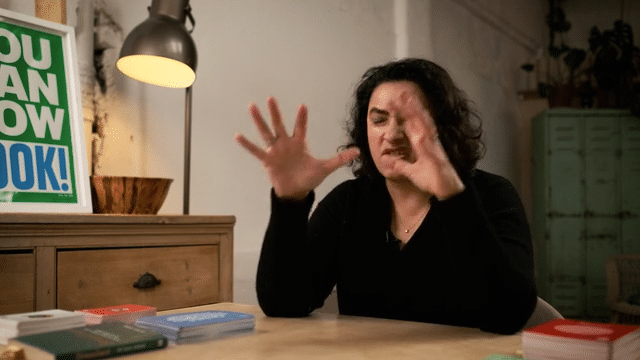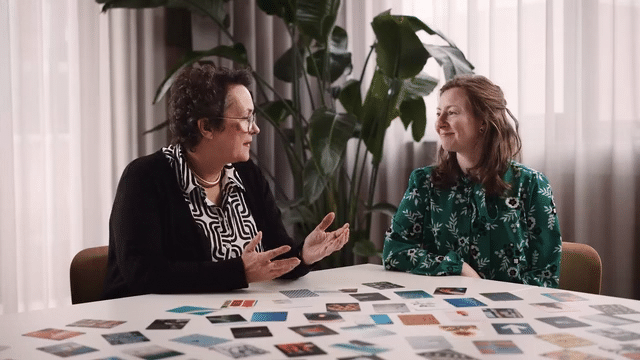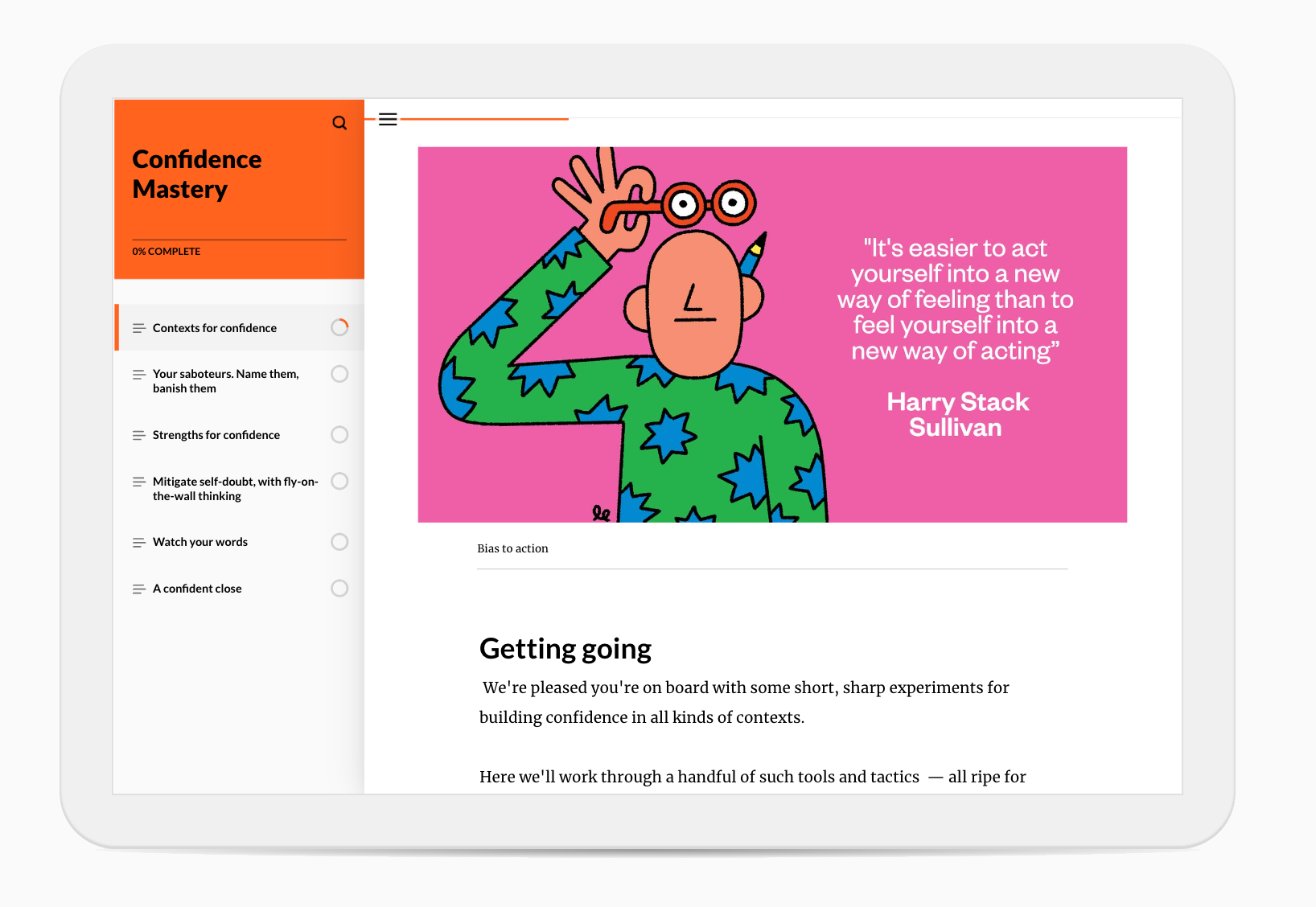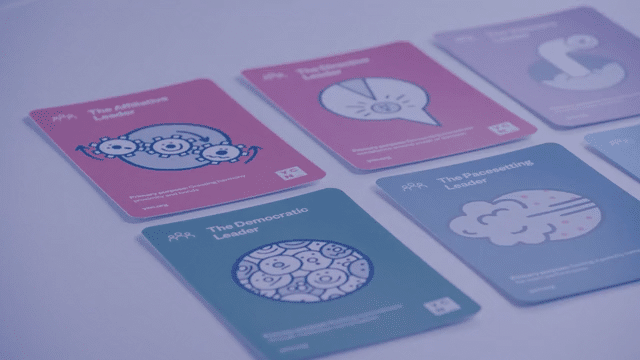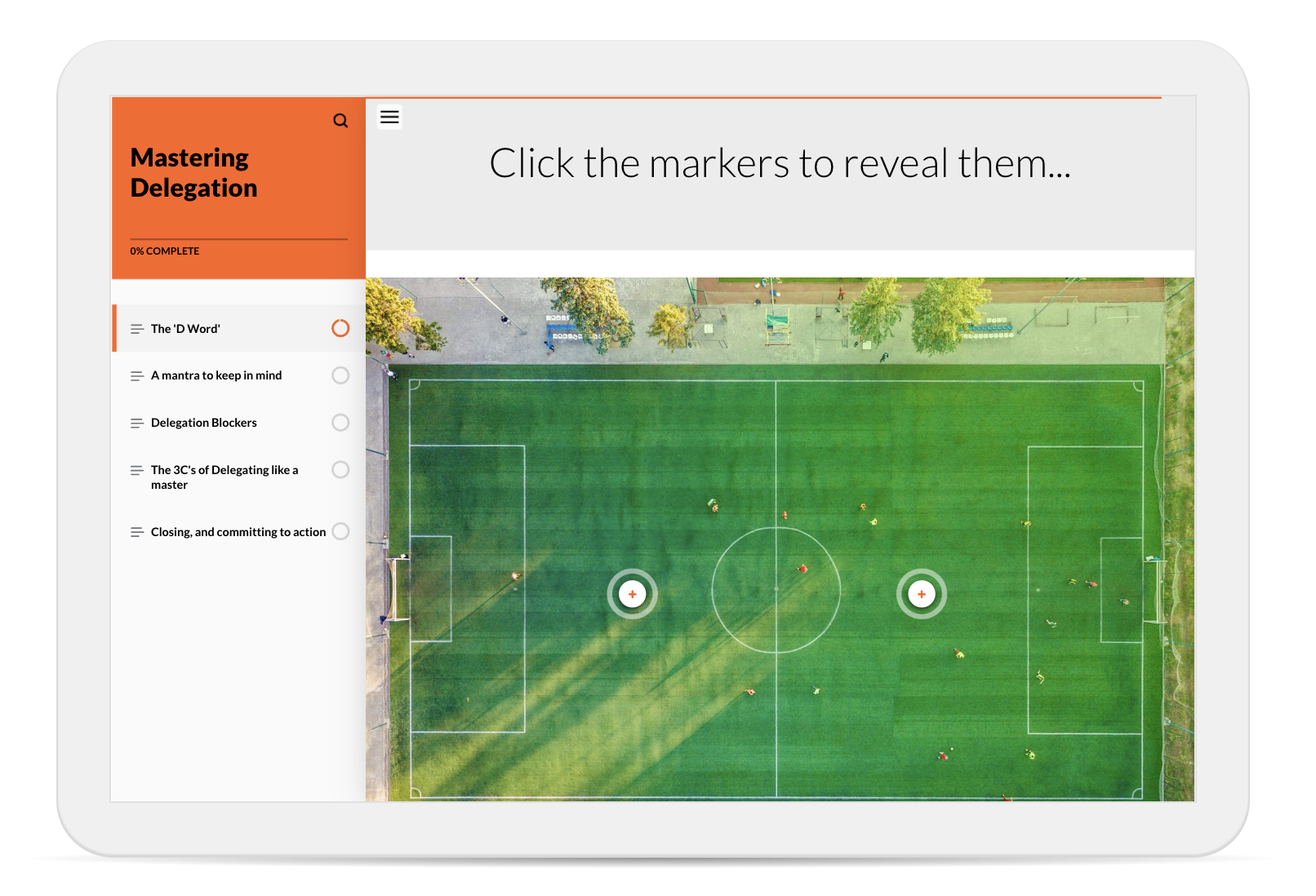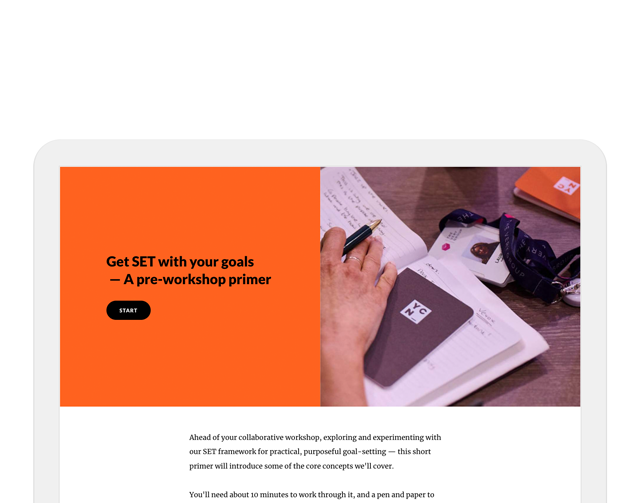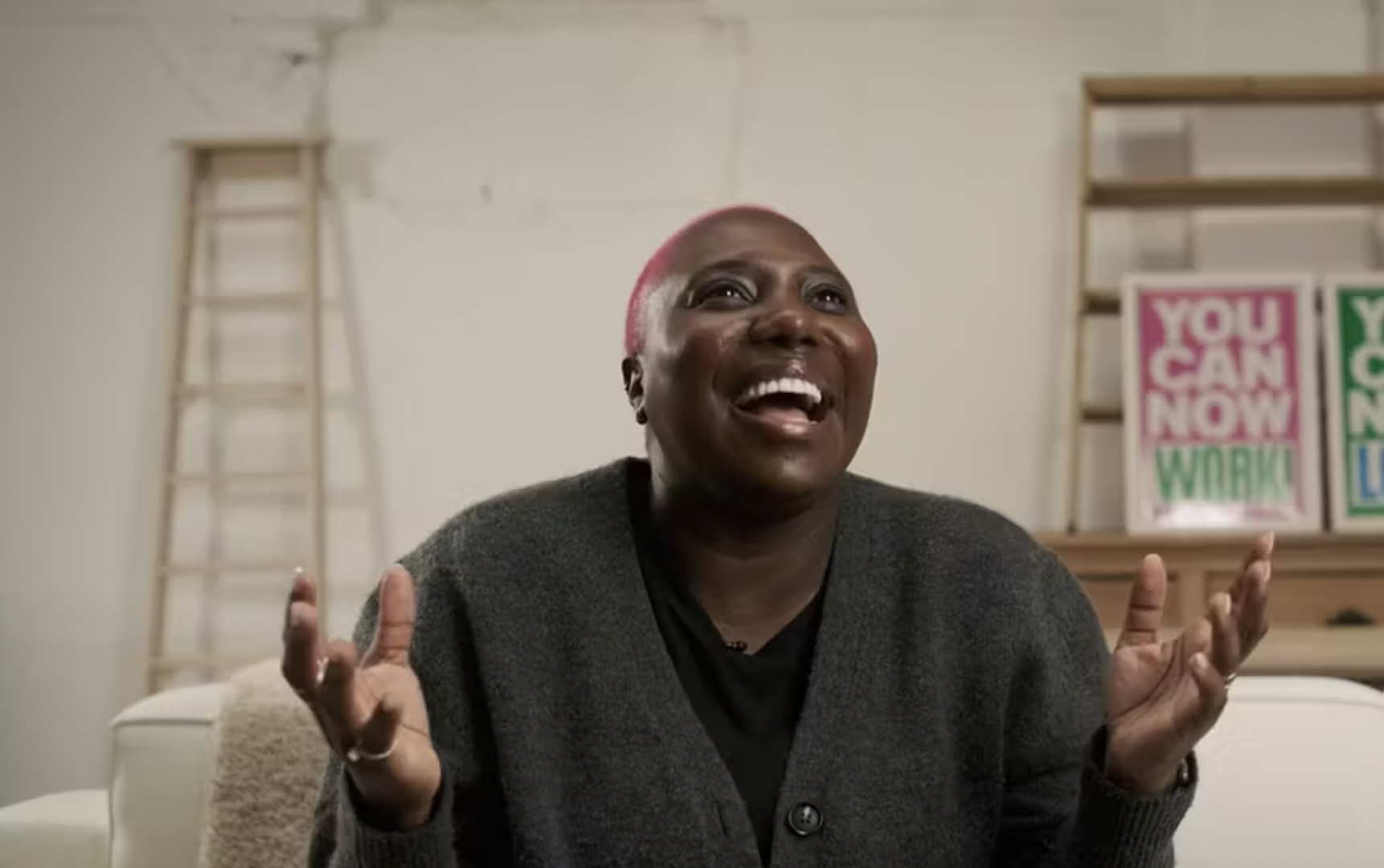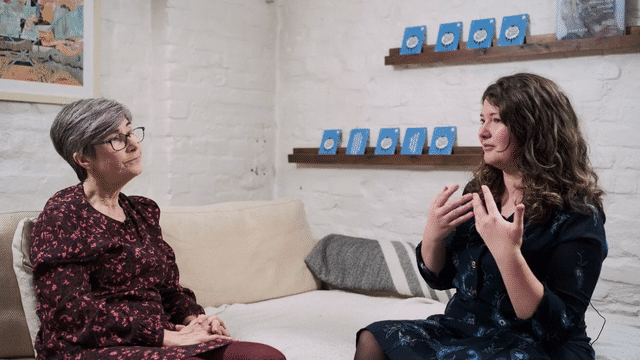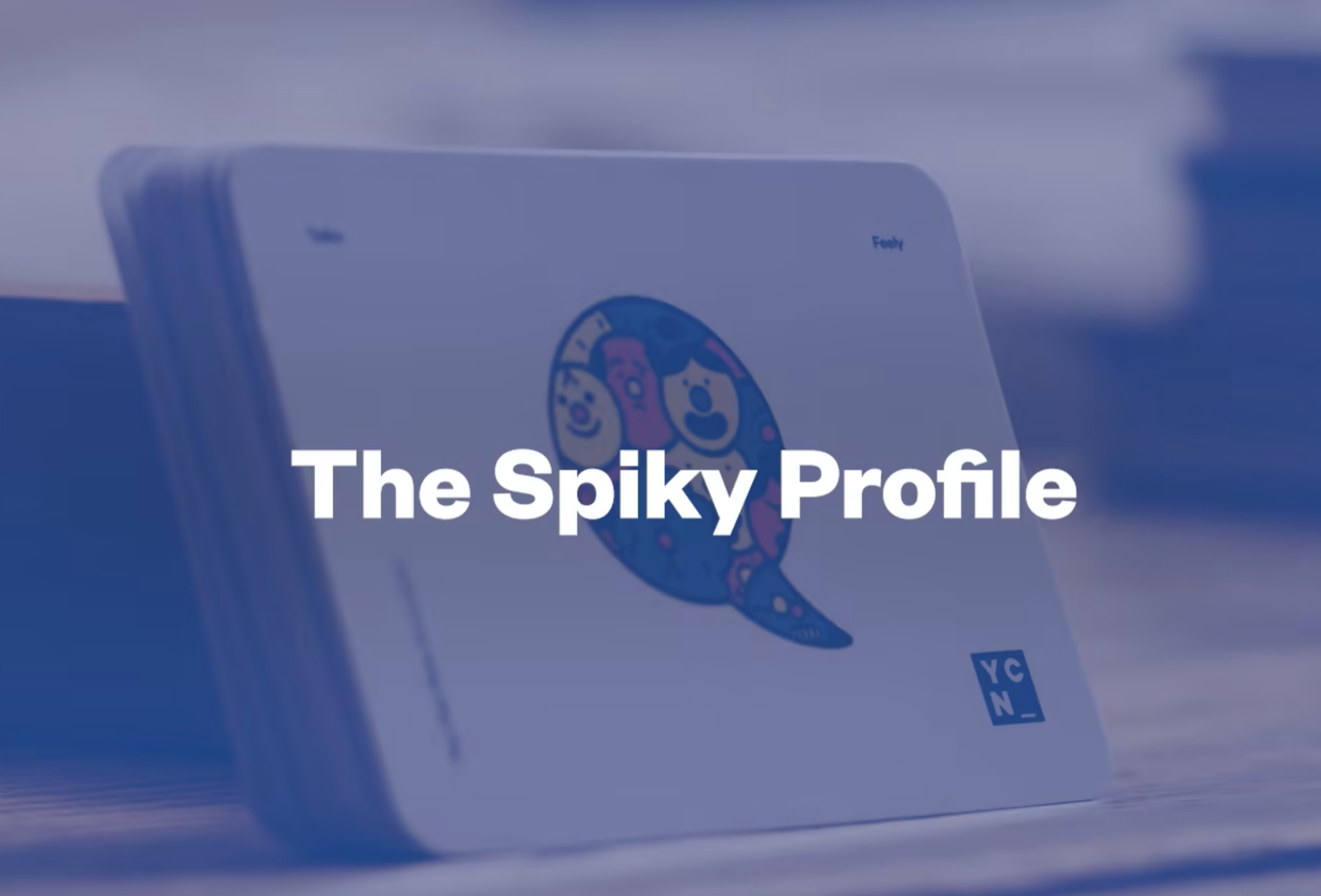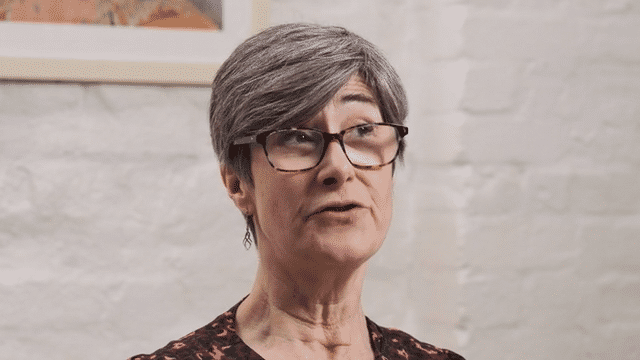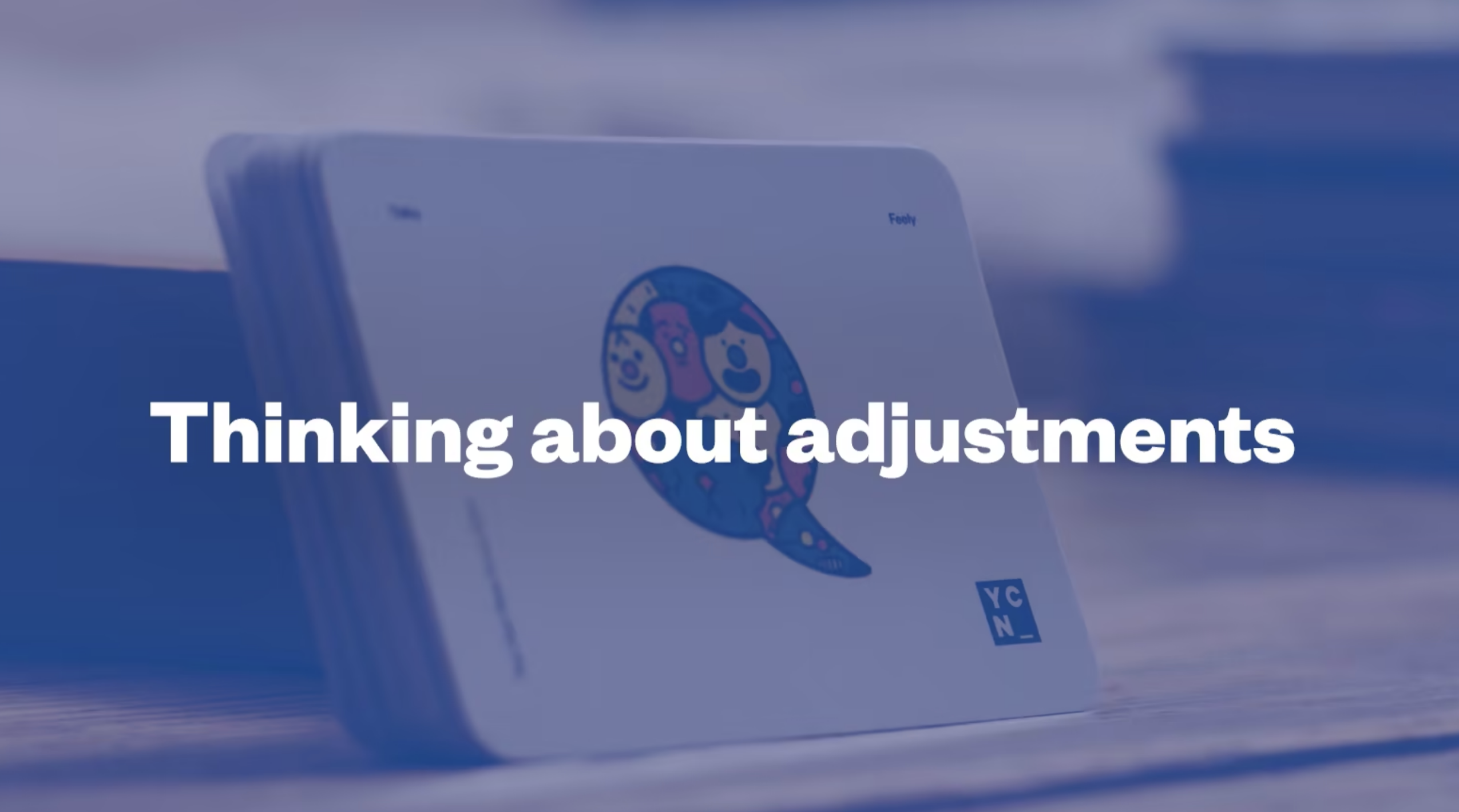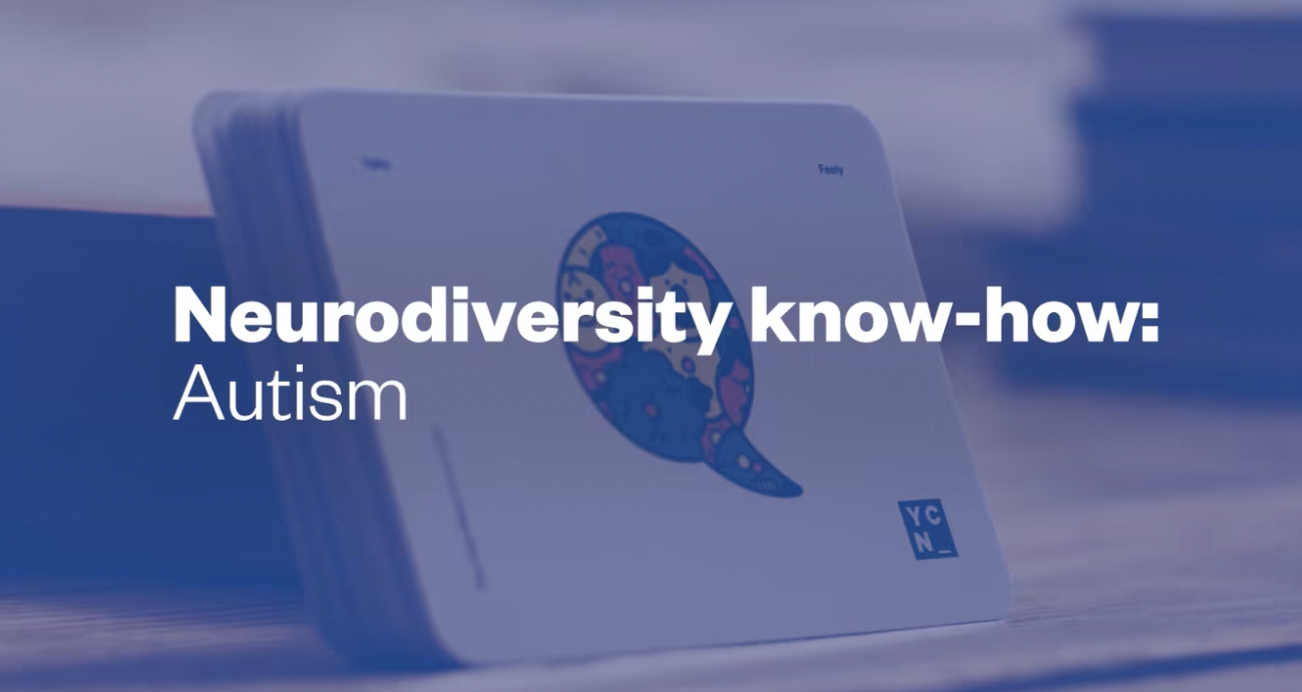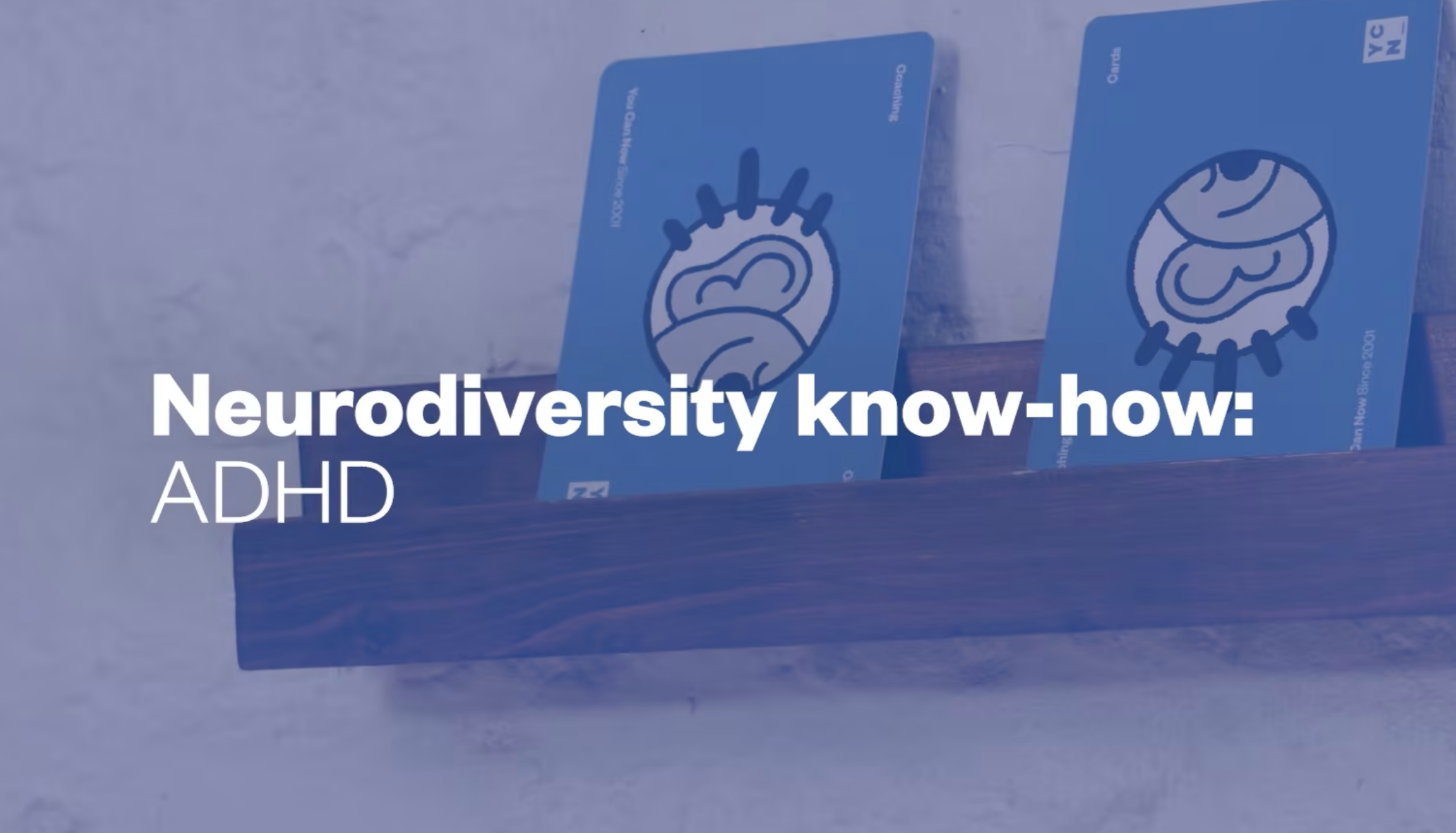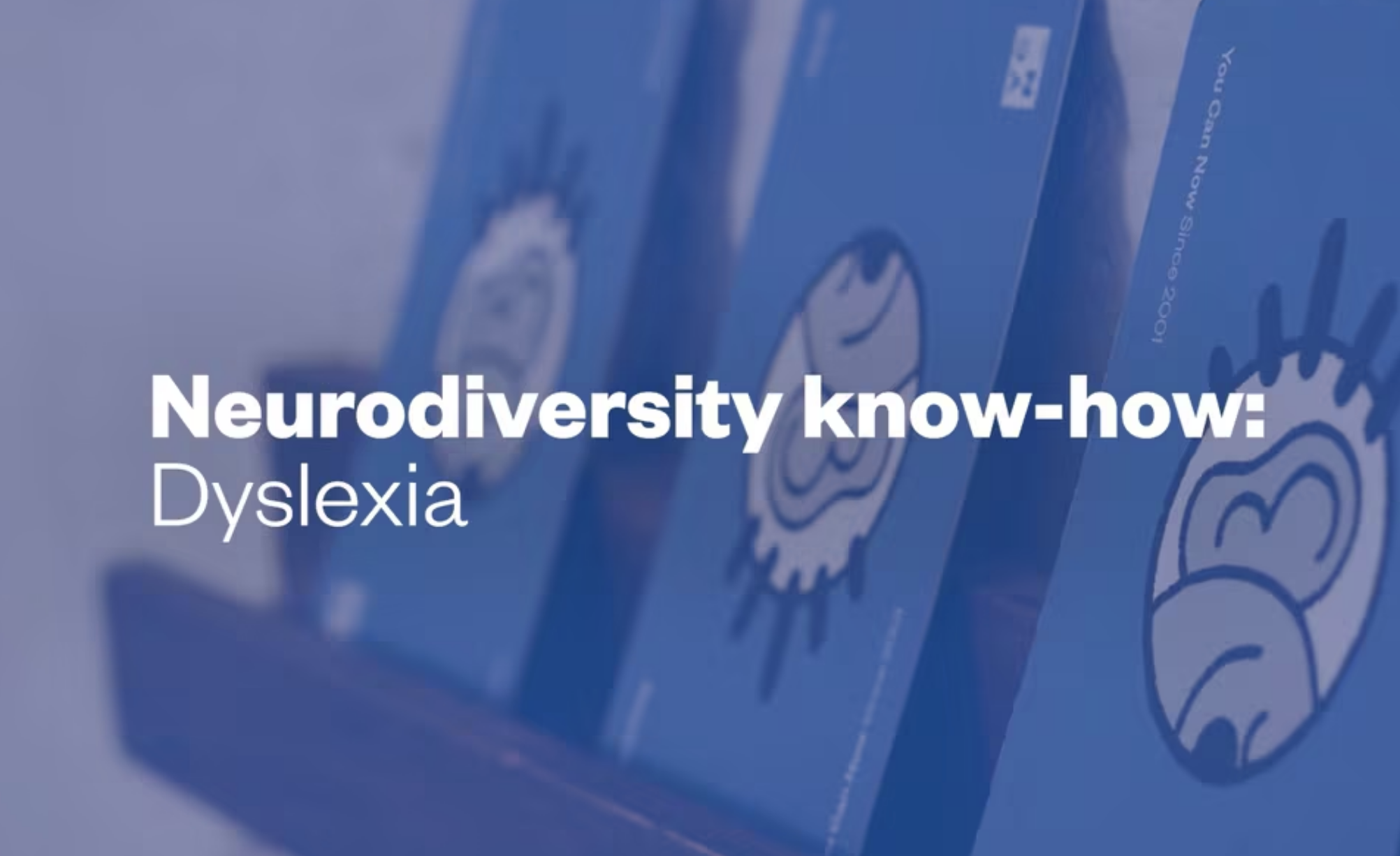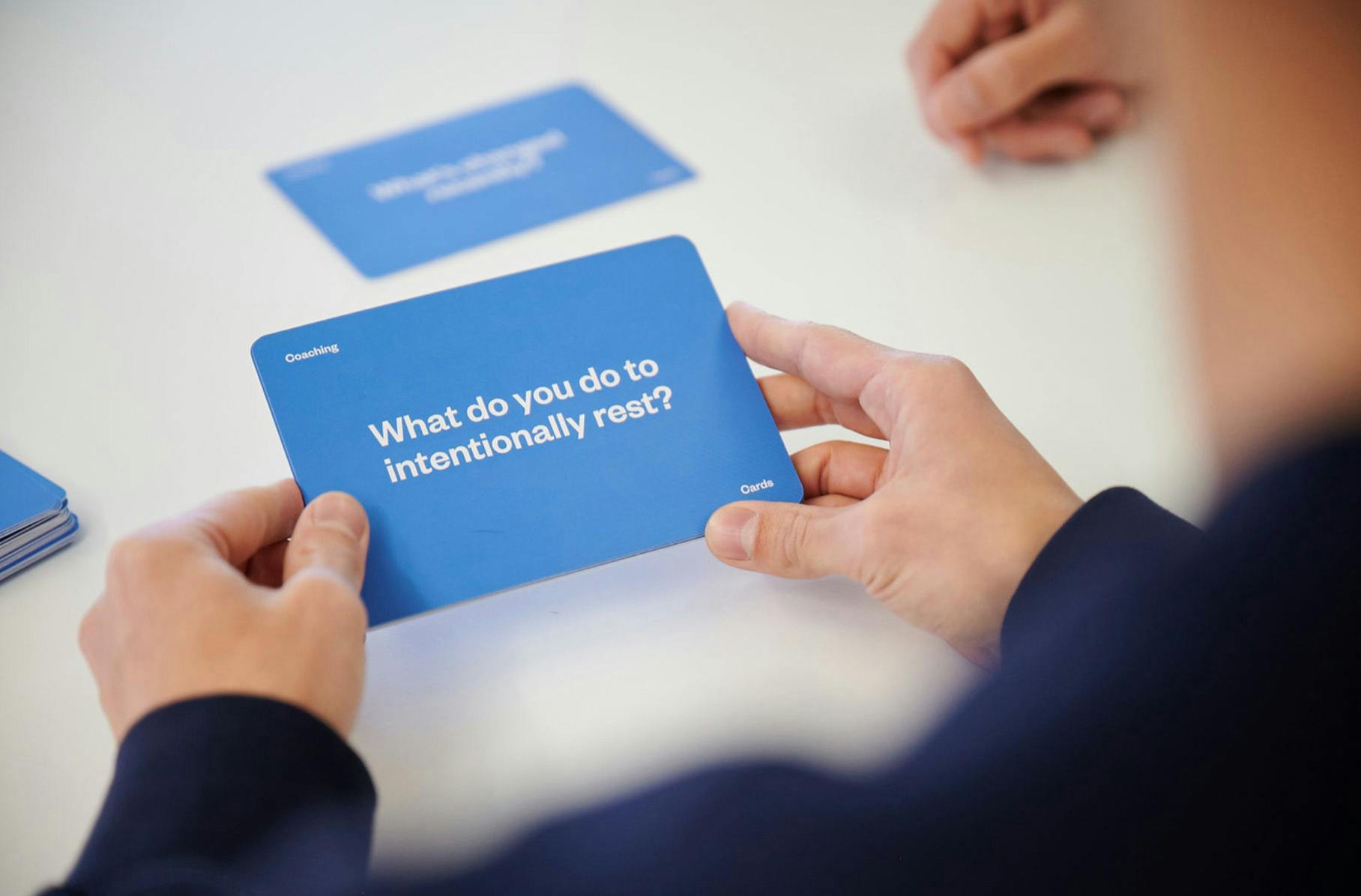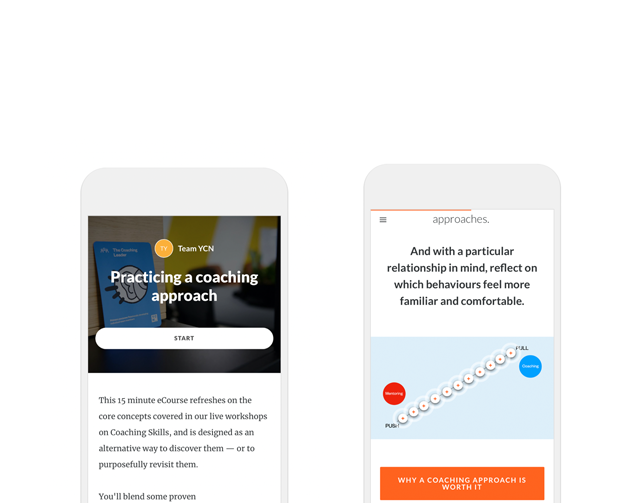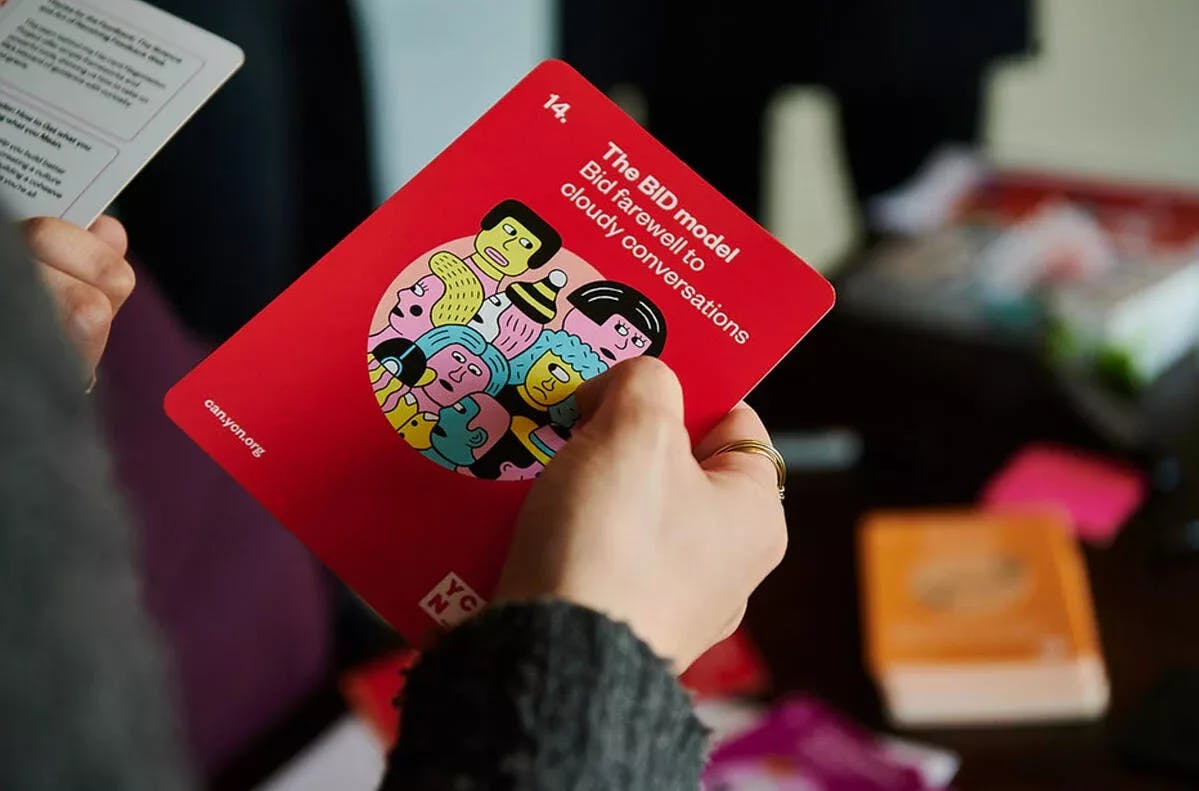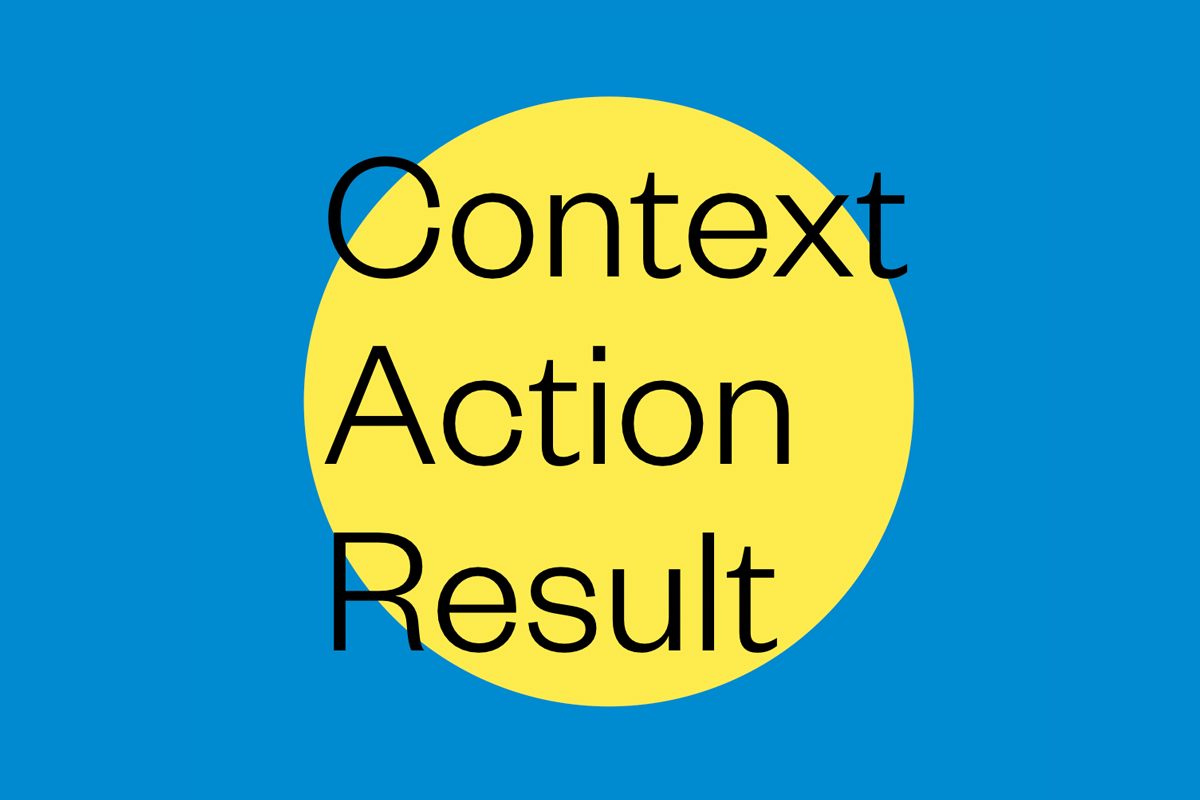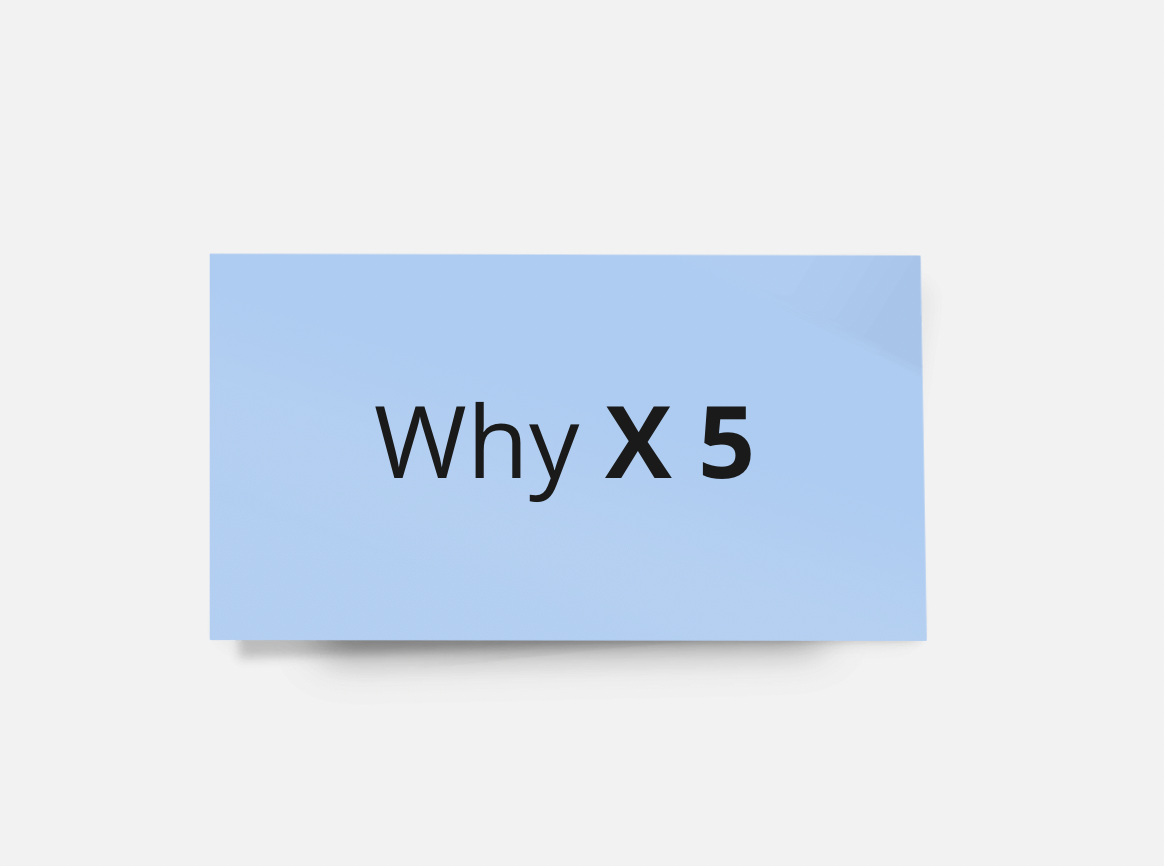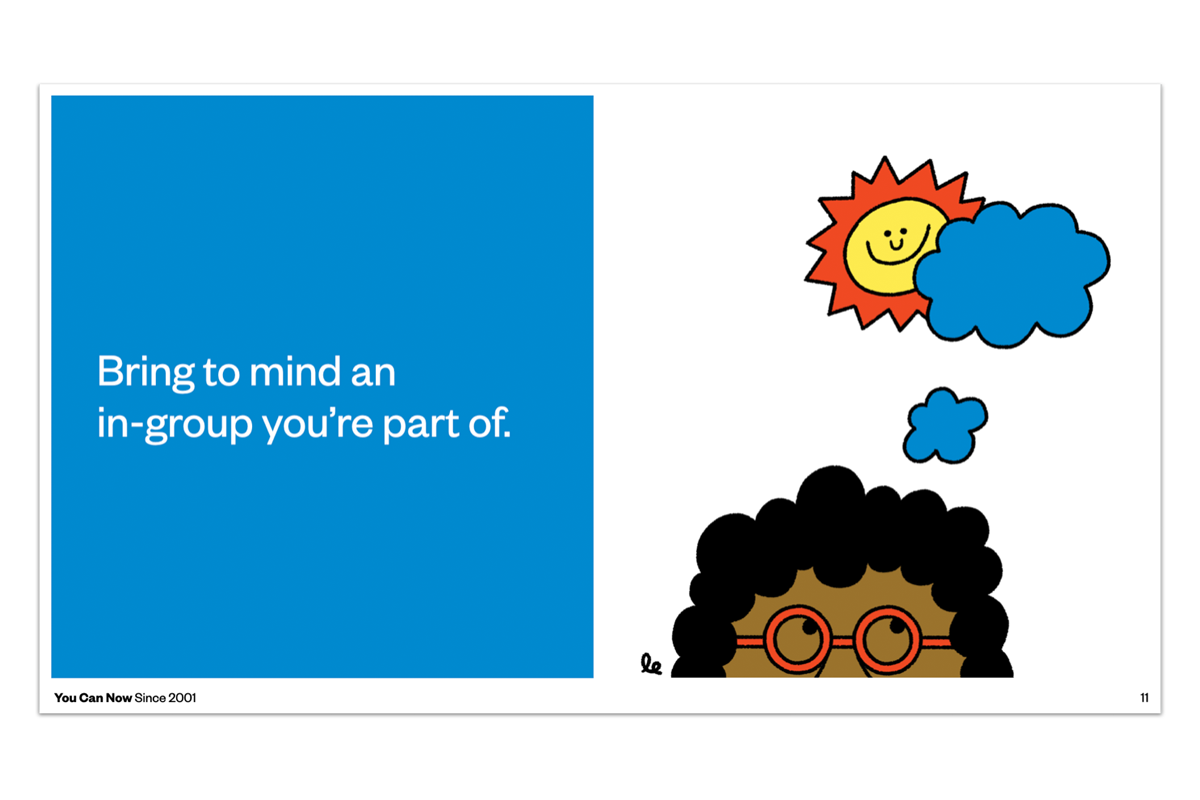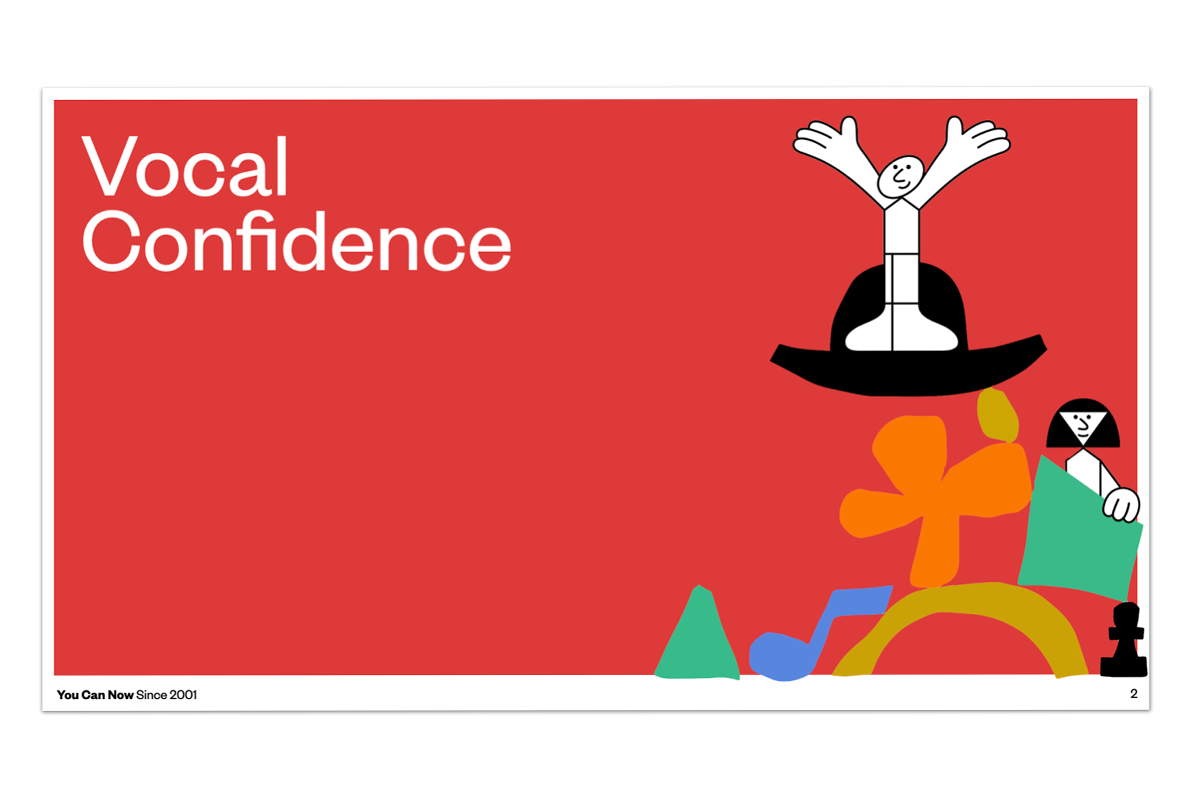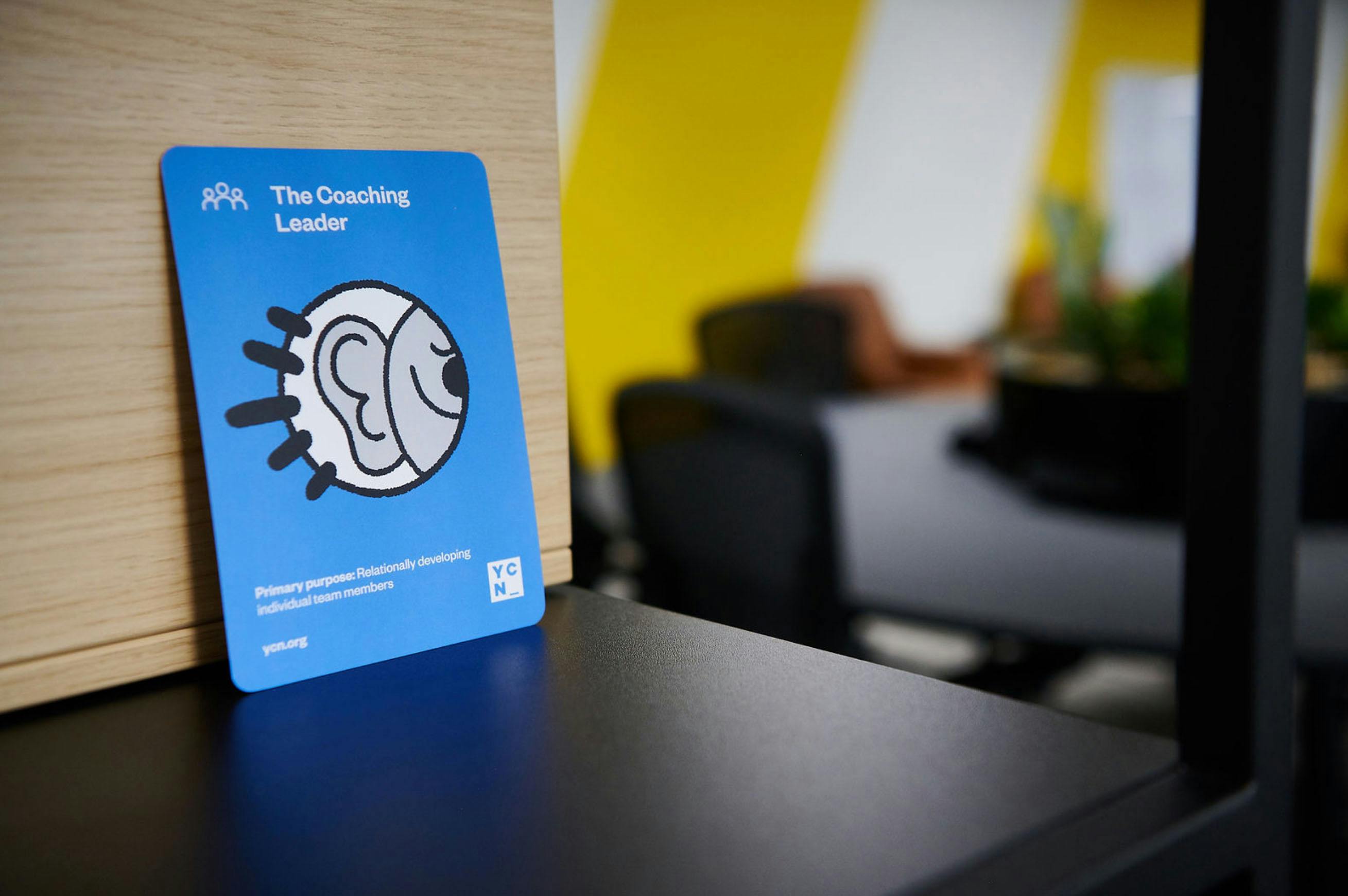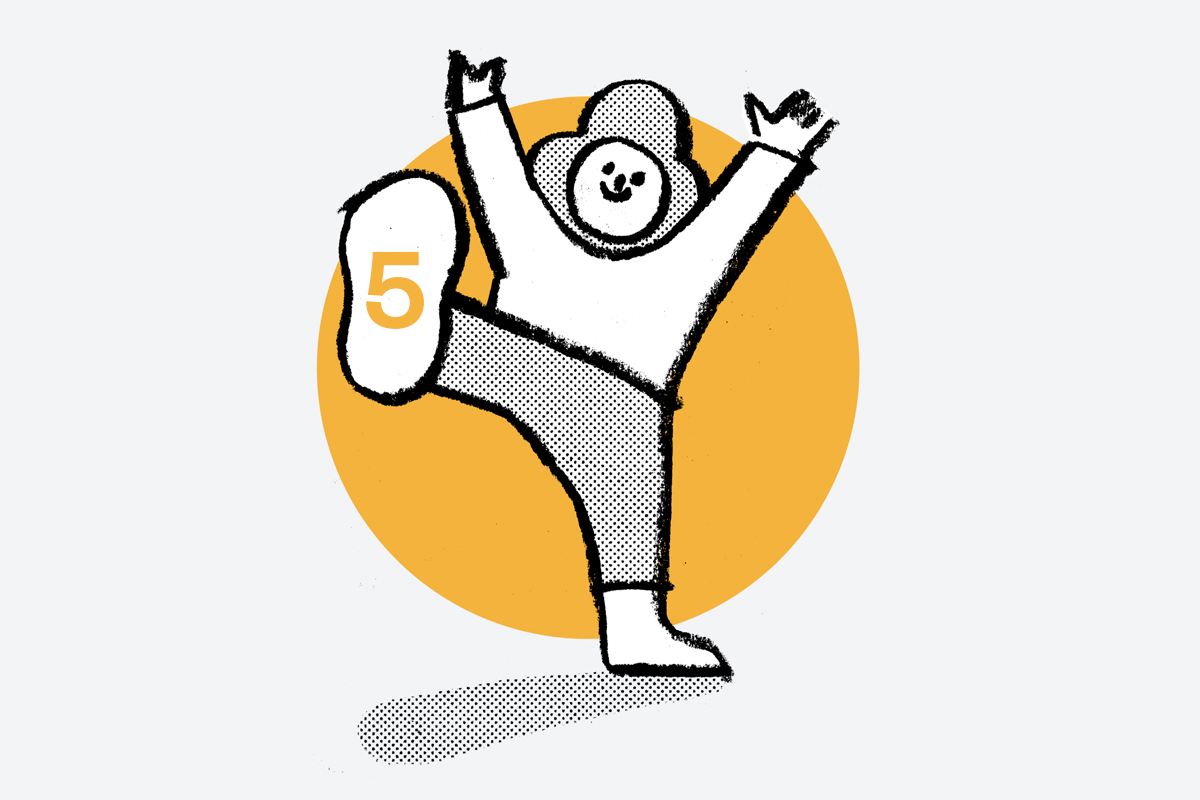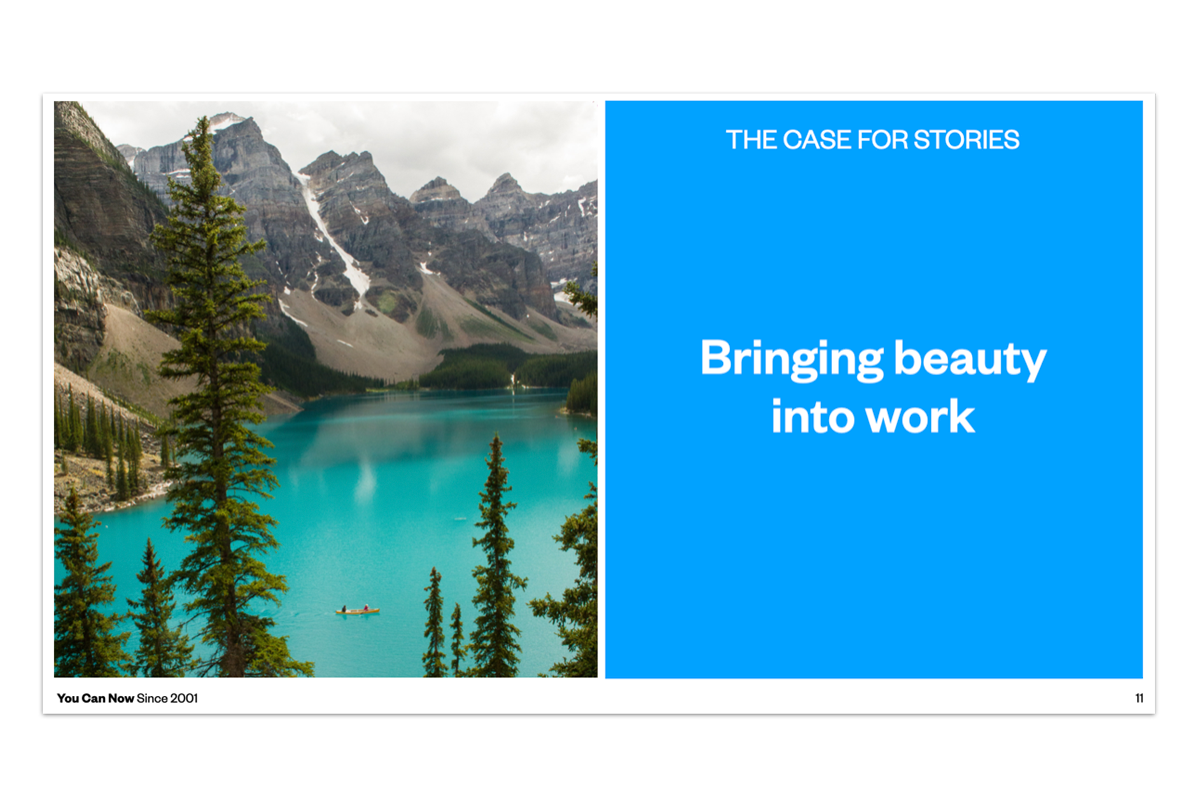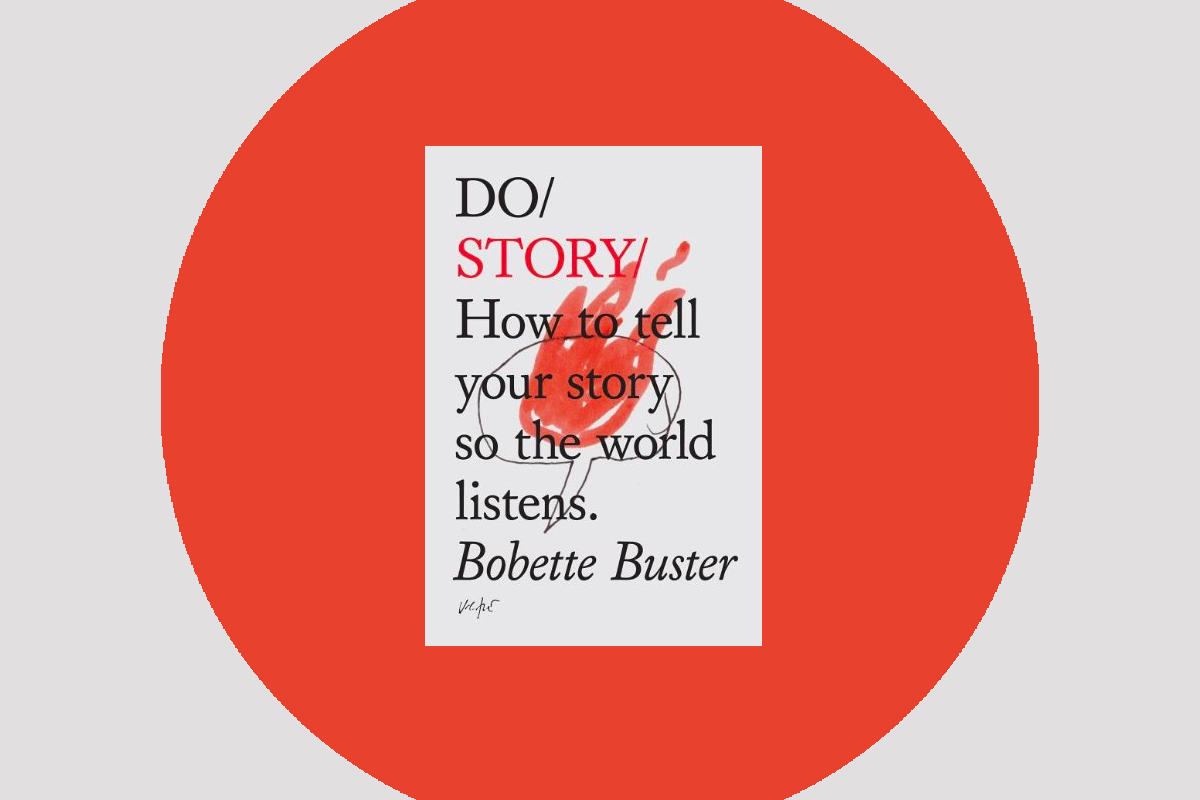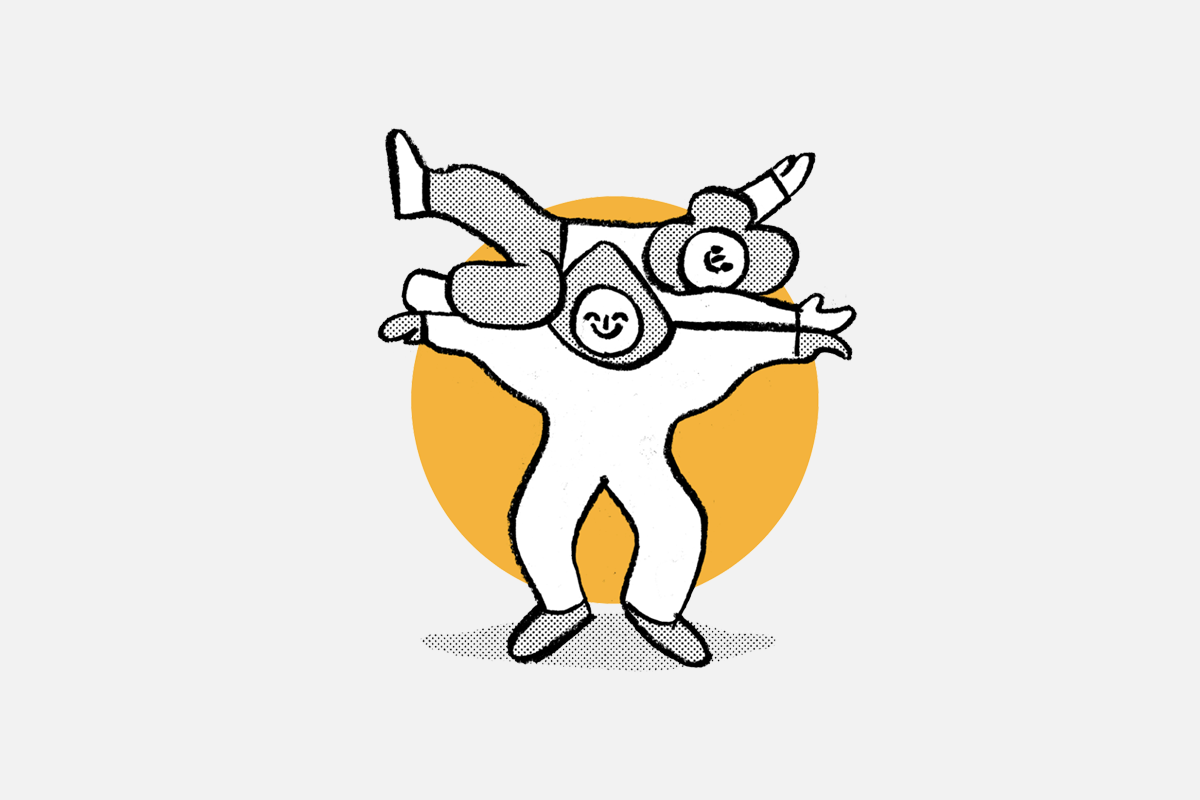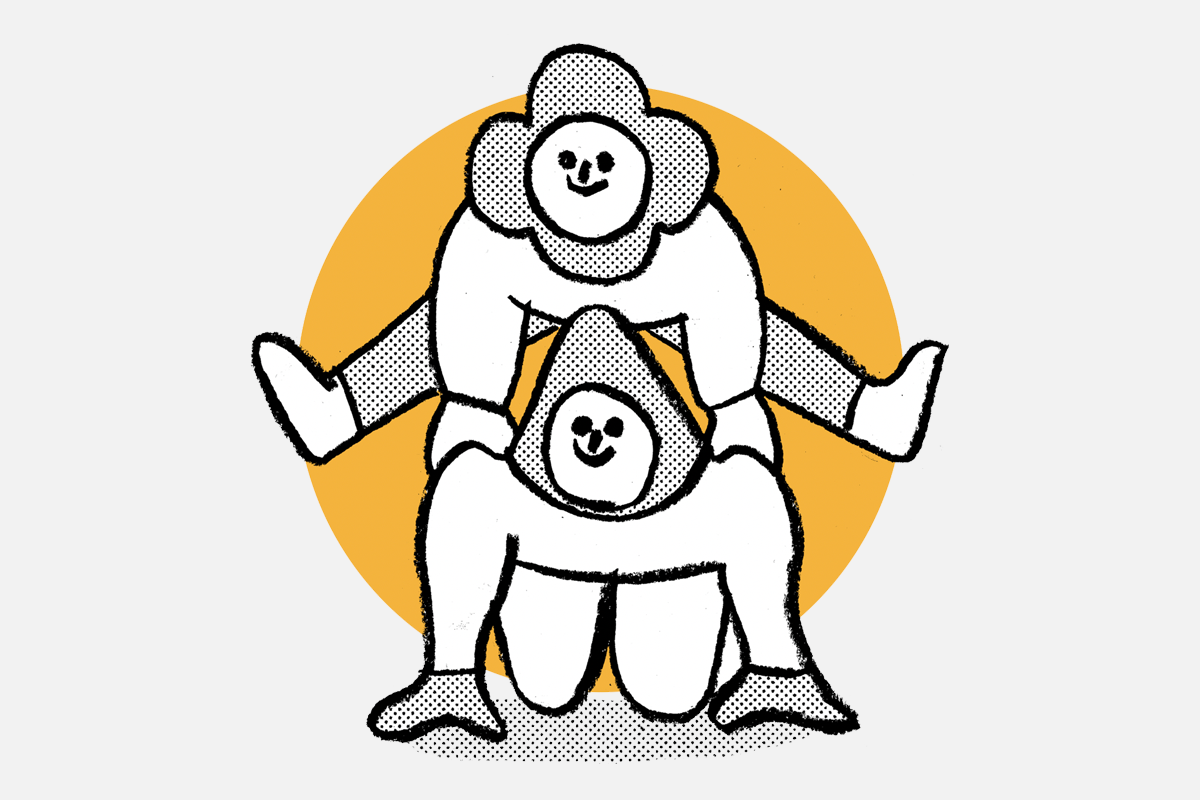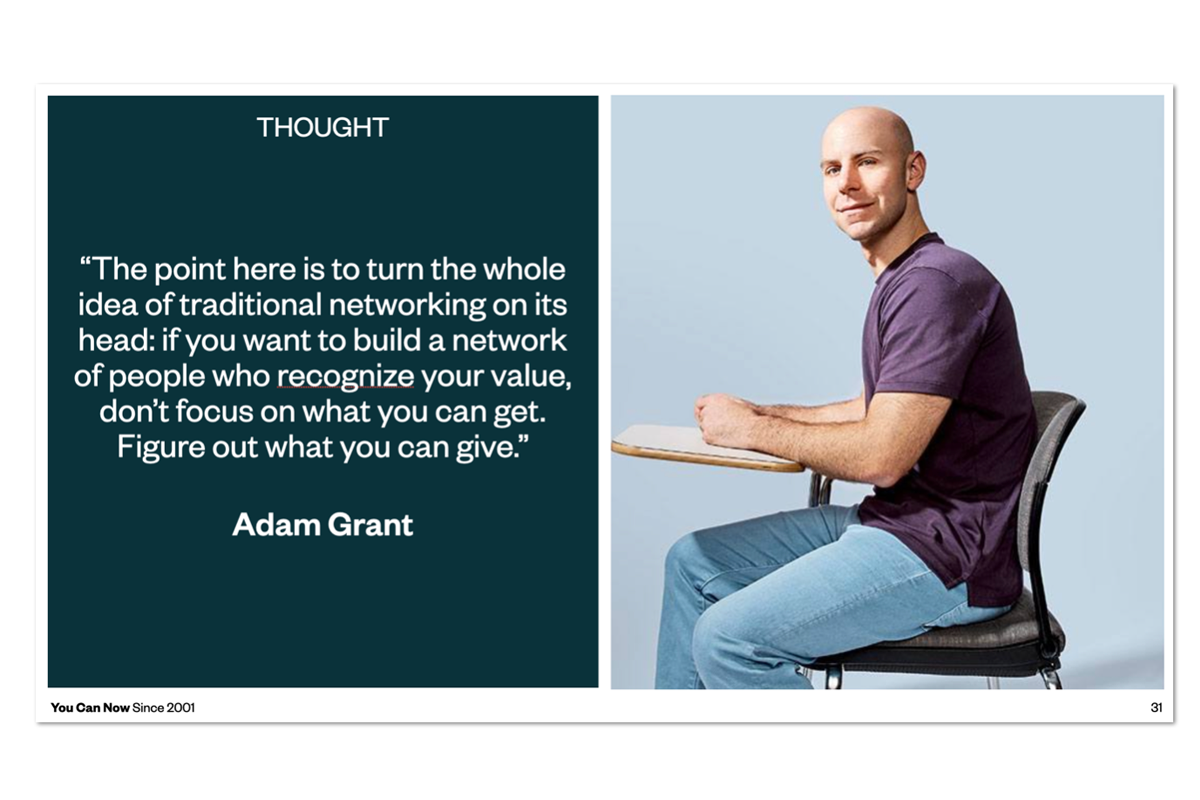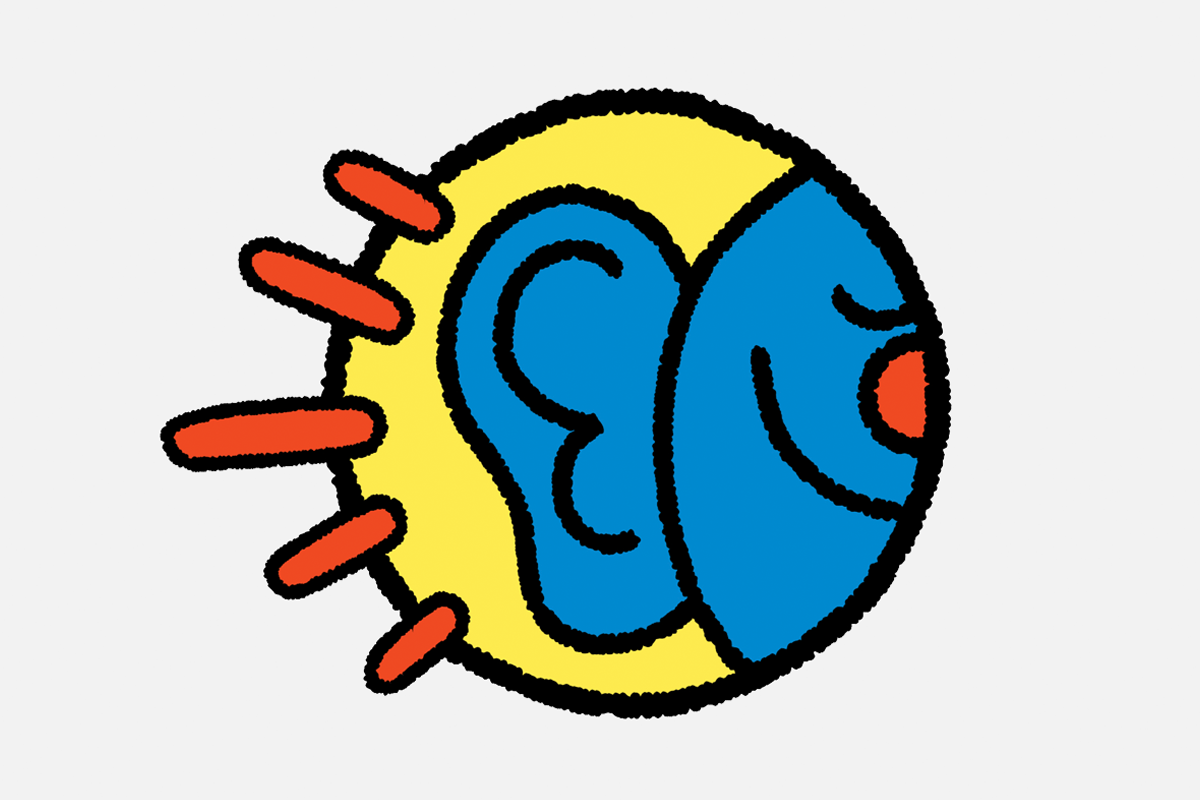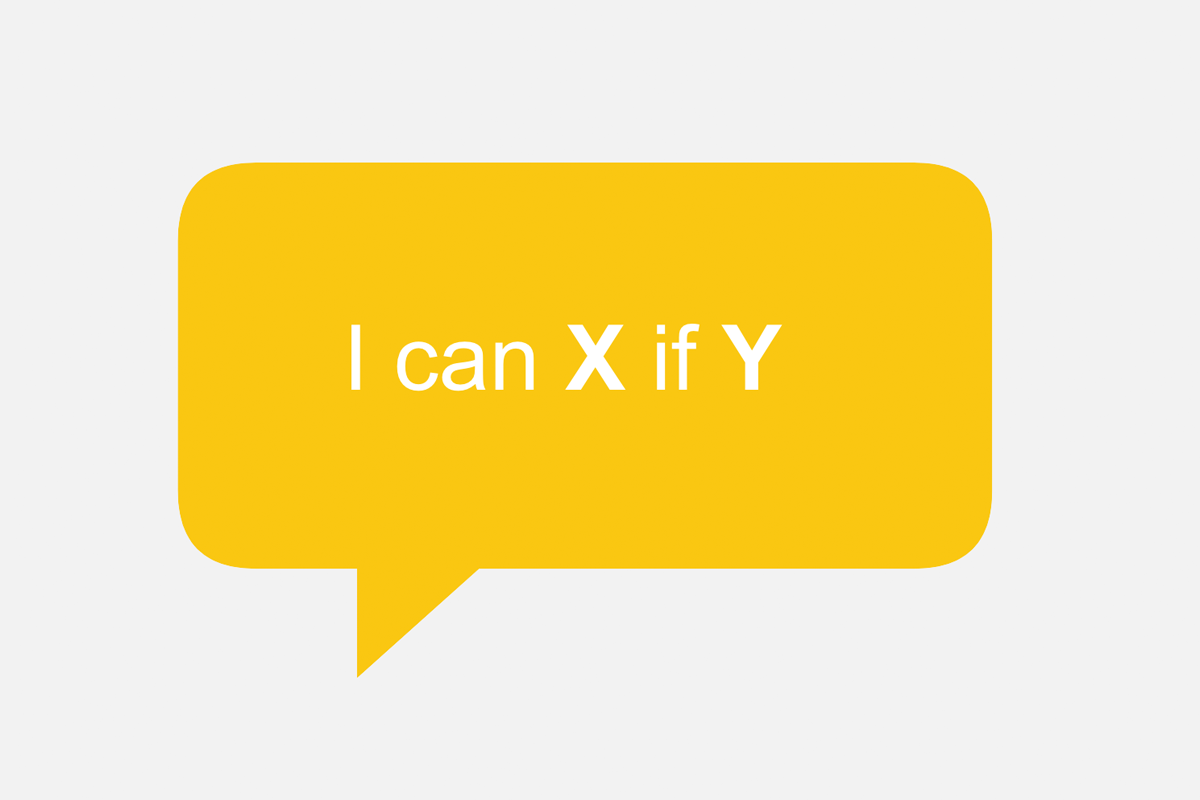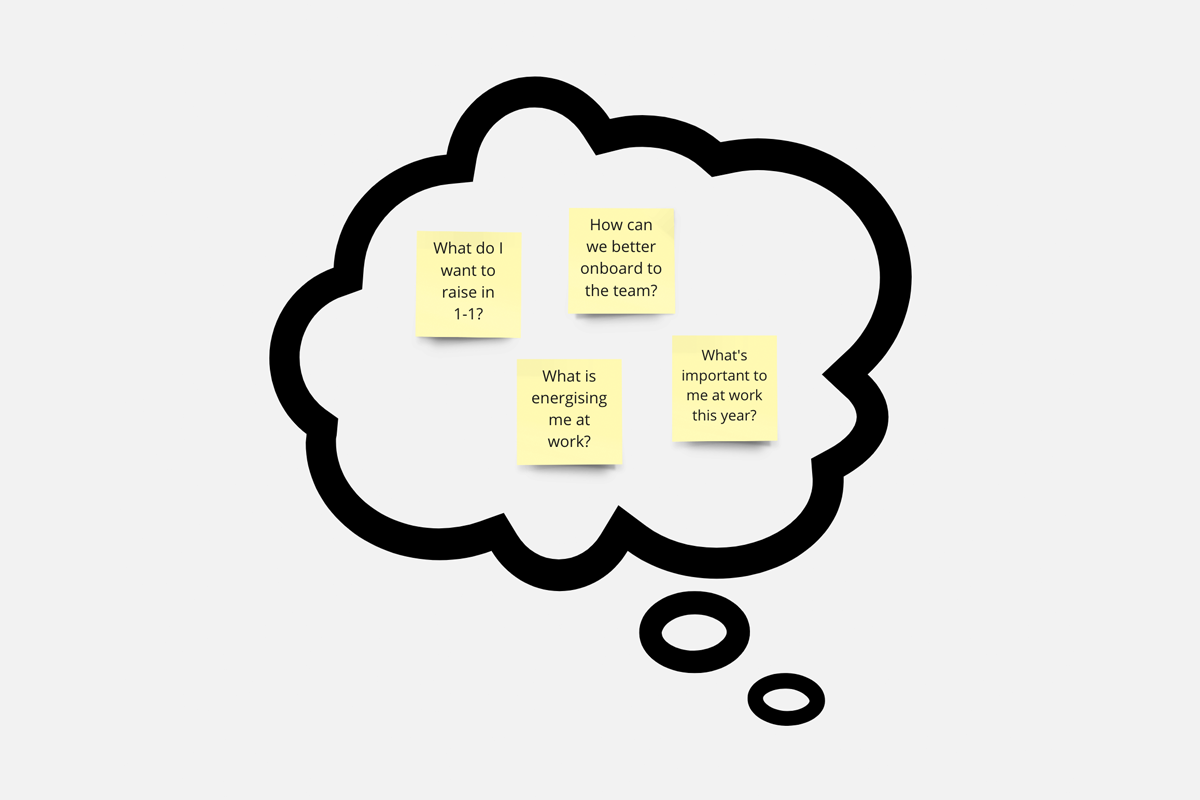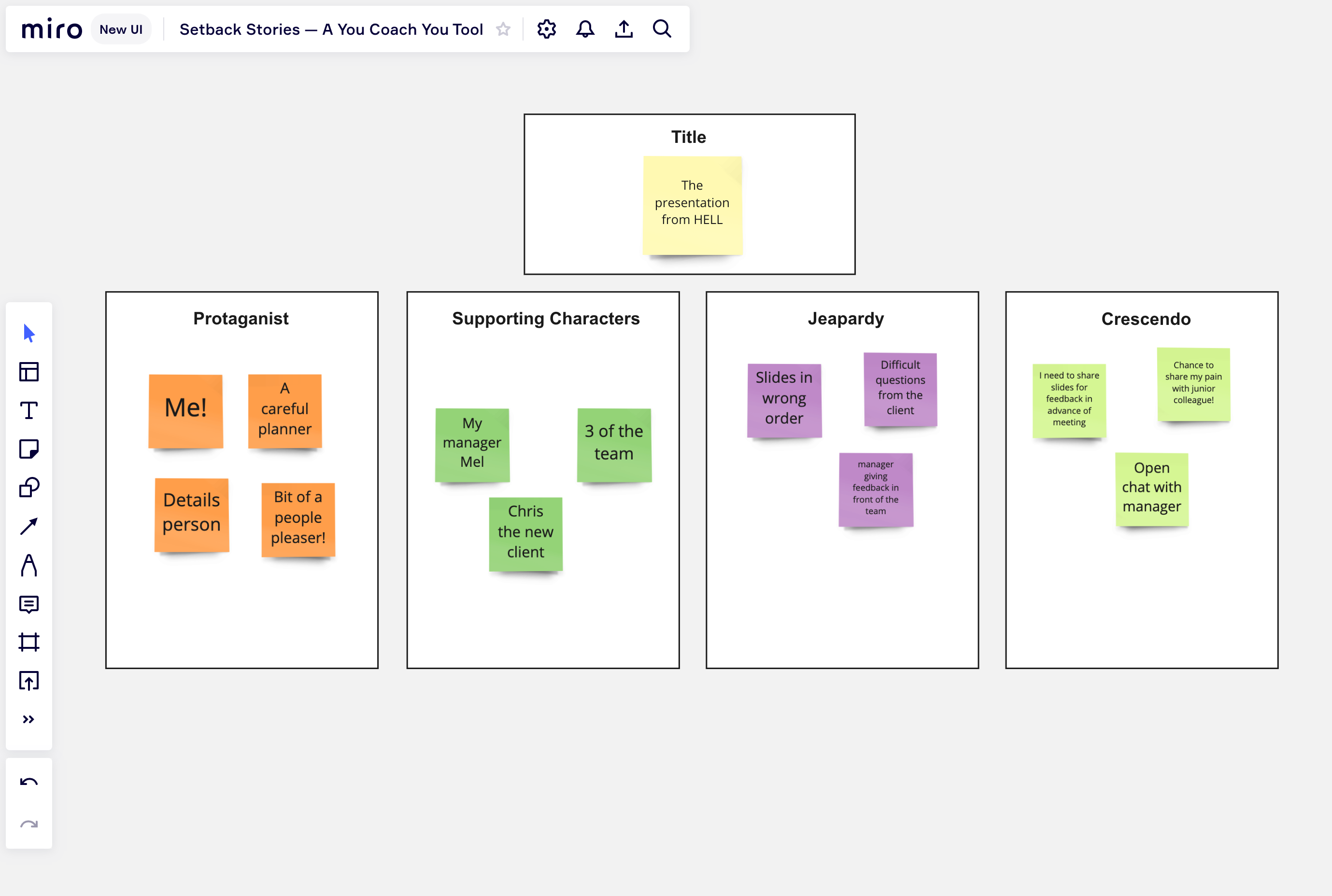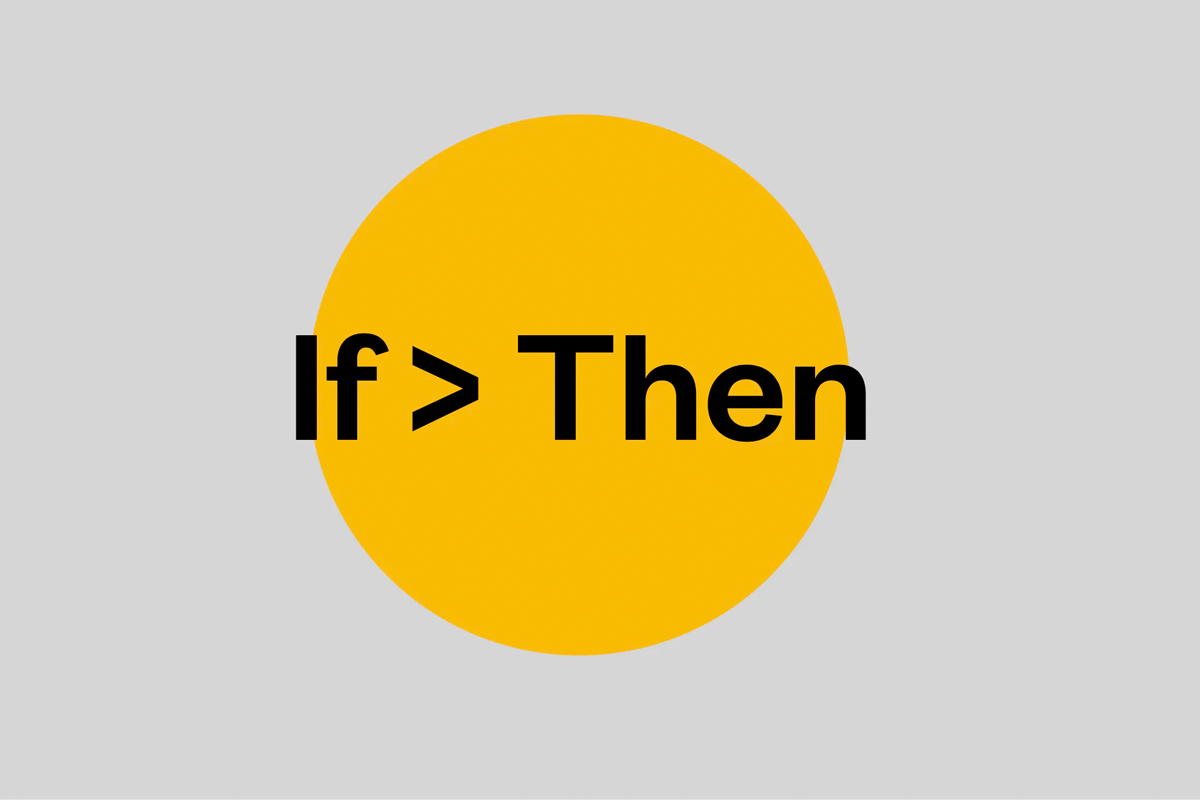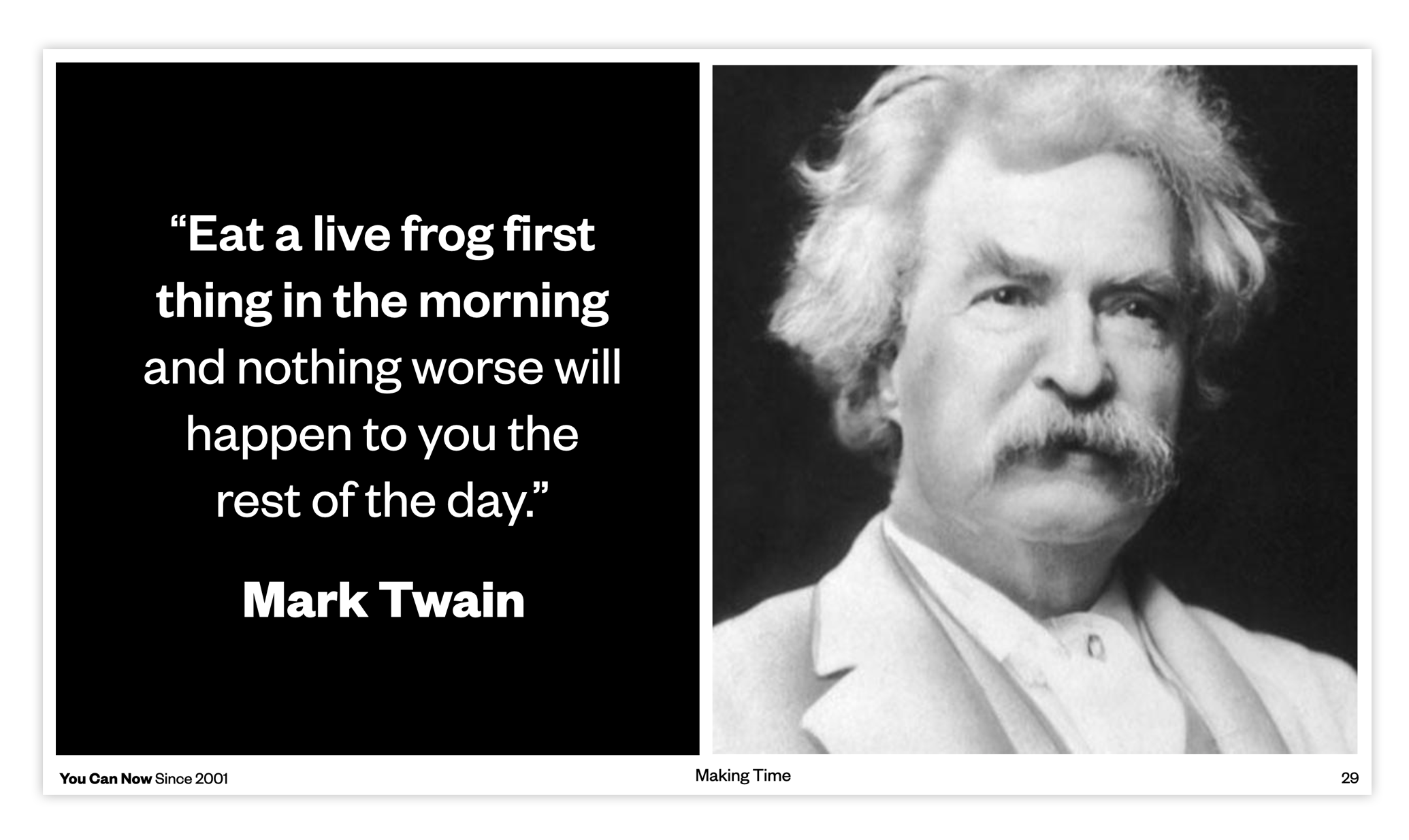For you, new and popular
Channel that fly on the wall. Try some purposeful self talk to mitigate moments of doubt

Get some distance
As psychologist Ethan Kross puts it, the voice in our head can be a “helpful superpower,” or a “destructive kryptonite.” Self-affirmative thoughts spark self-belief, while negative ones inspire insecurity and inaction.
When your self-belief is challenged, talking to yourself in the third-person - a ‘Fly-on-the-wall,’ as Helen and Sarah memorably name their approach in You Coach You - helps you to think objectively, distance yourself from doubts and clear your mind.
So the next time you experience a workplace setback or an out-of-office obstacle, take five minutes to experiment with this perspective shifting approach, and gauge its effect on your faith.
A useful example from Helen and Sarah
The experience: In a meeting, my manager didn’t agree with my proposal for a new project
👎 Unhelpful first-person self-talk: "This is all my fault, I’m so frustrated with myself, I’m not smart enough to be doing this job, I’m a failure."
👍 Helpful fly-on-the-wall self-talk: "In the team meeting, Sarah’s manager agreed with her ideas but felt this wasn’t the right time to pursue the project given other team priorities. Other team members also shared their support for Sarah’s ideas, and they were particularly interested in concept A."
Saying your name — a related tactic
Ethan Kross begins his book Chatter by describing an incident where his inner voice unhelpfully got the better of him; convincing him that a stalker was on the verge of breaking into his house. The tactic he deployed to take back control was to simply talk to himself in the third person, and calmly make the case for some perspective in the moment.
It’s a tactic that Helen and Sarah build on in You Coach You, sharing some helpful examples — both for saying your own name, or alternatively using ‘You’ rather than ‘I’.
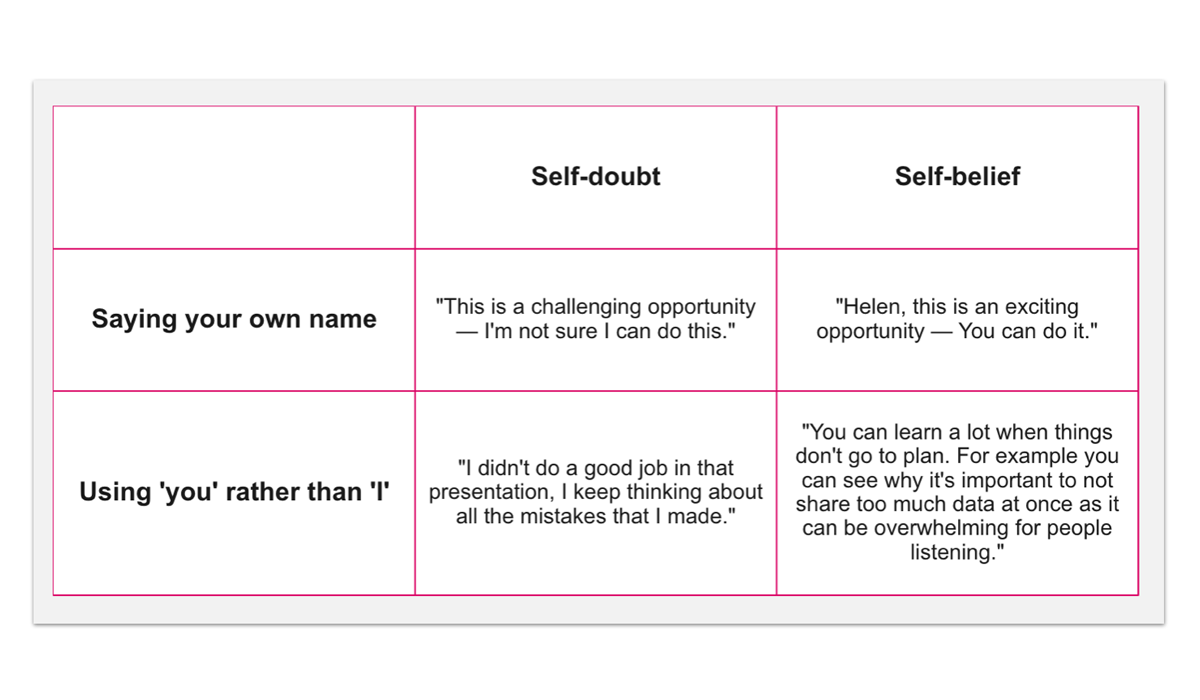
Note: When Ethan joined a live You Can Now session to explore these ideas, he reassured us that you don’t need to talk to yourself out loud! (although he does choose to do so himself sometimes).
🤔 Helpful coaching questions
Fly-on-the-wall self-talk doesn’t necessarily solve your underlying problem, but it can put a stop to the pessimistic, black or white thinking that clouds our judgement.
And Helen and Sarah recommend asking yourself these ‘Coach Yourself Questions’ when experimenting with the approach.
Keen to dig deeper?
• Try a ‘Done List,’ another tool from You Coach You, for building self-belief.
• Want more science backed tools for rediscovering your resilience? Sign up for our punchy and purposeful Rethinking Resilience workshop.
• In this bitesize video Coach and Trainer Catherine Allison introduces the concept of the inner coach and inner critic (and now to turn the latter down).






